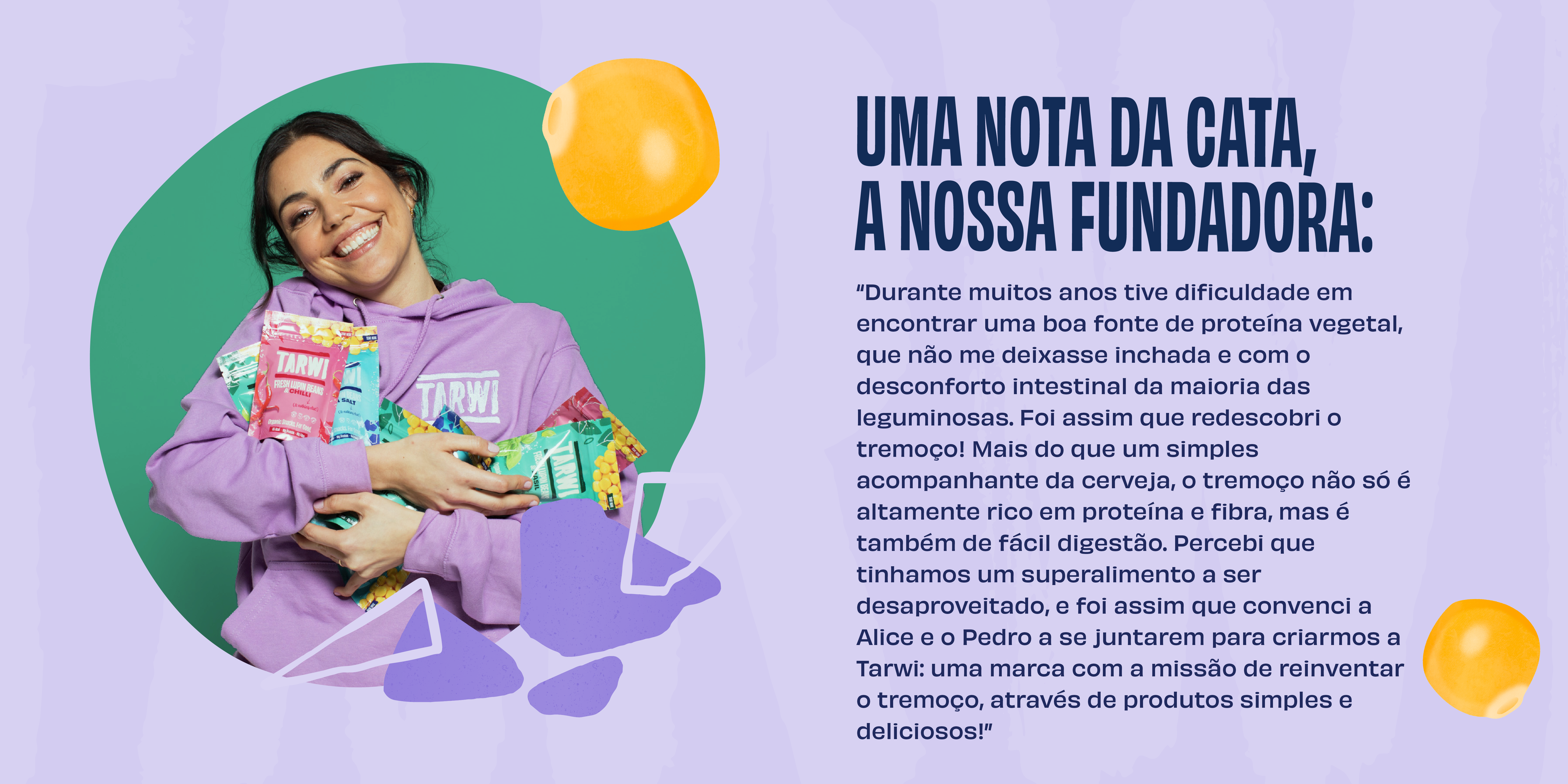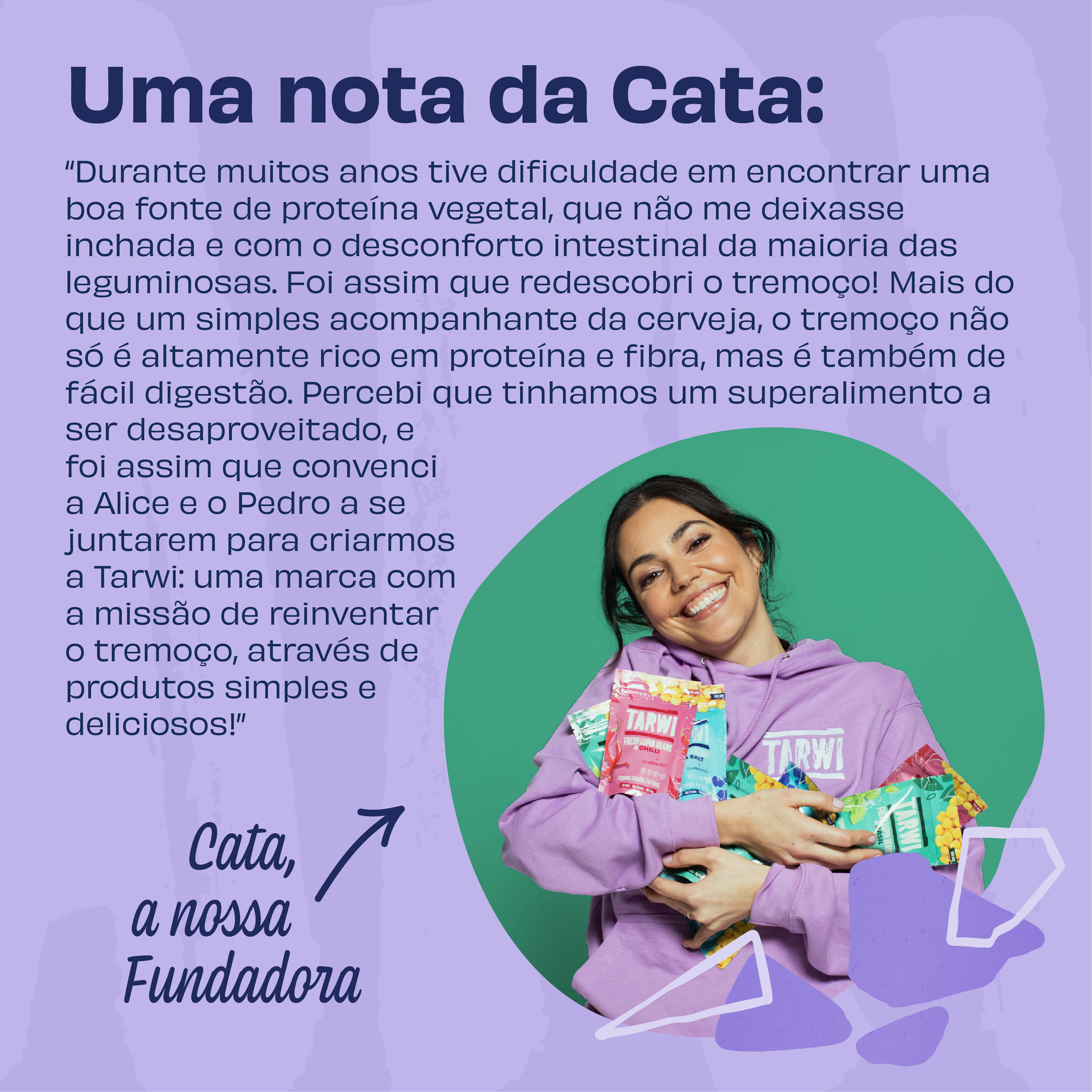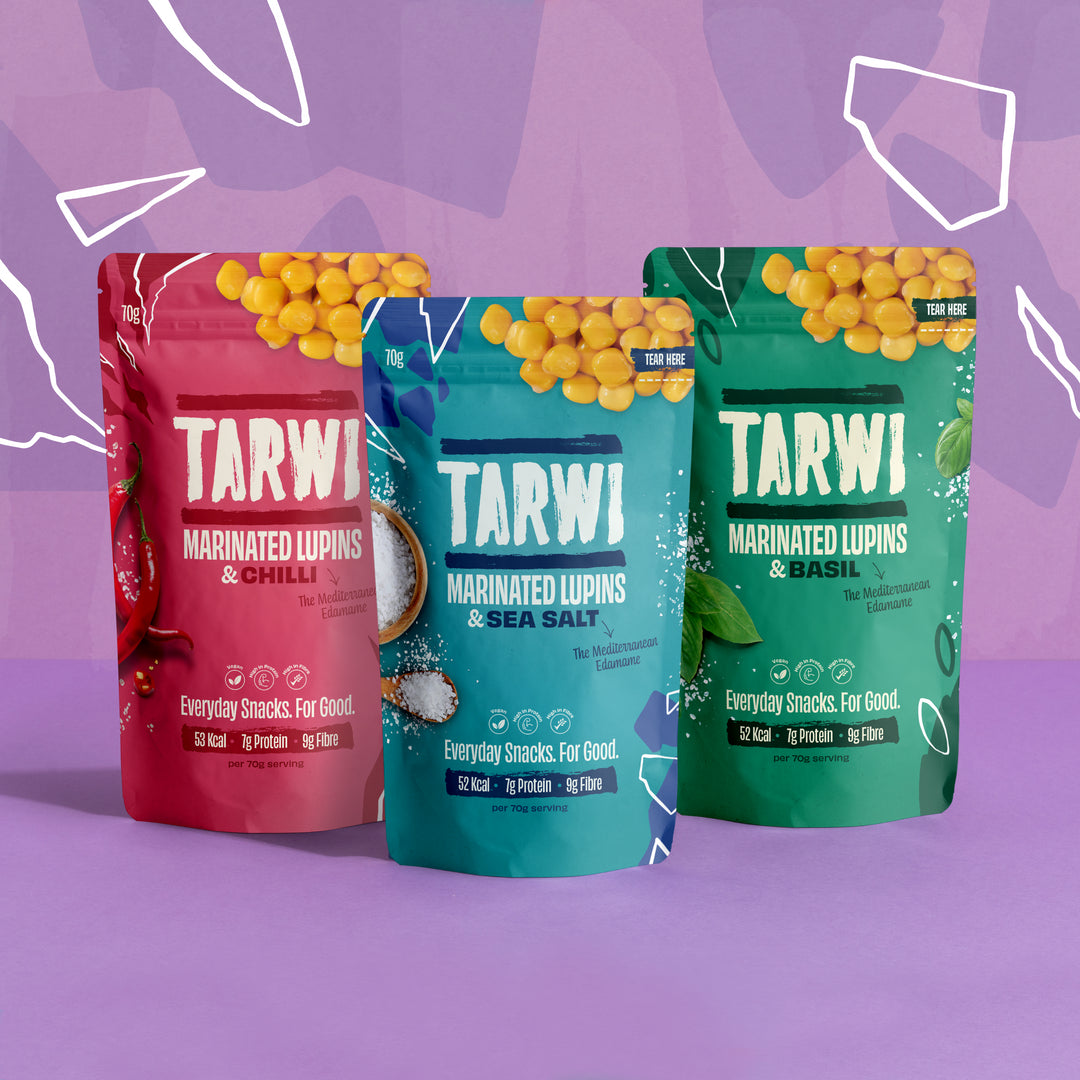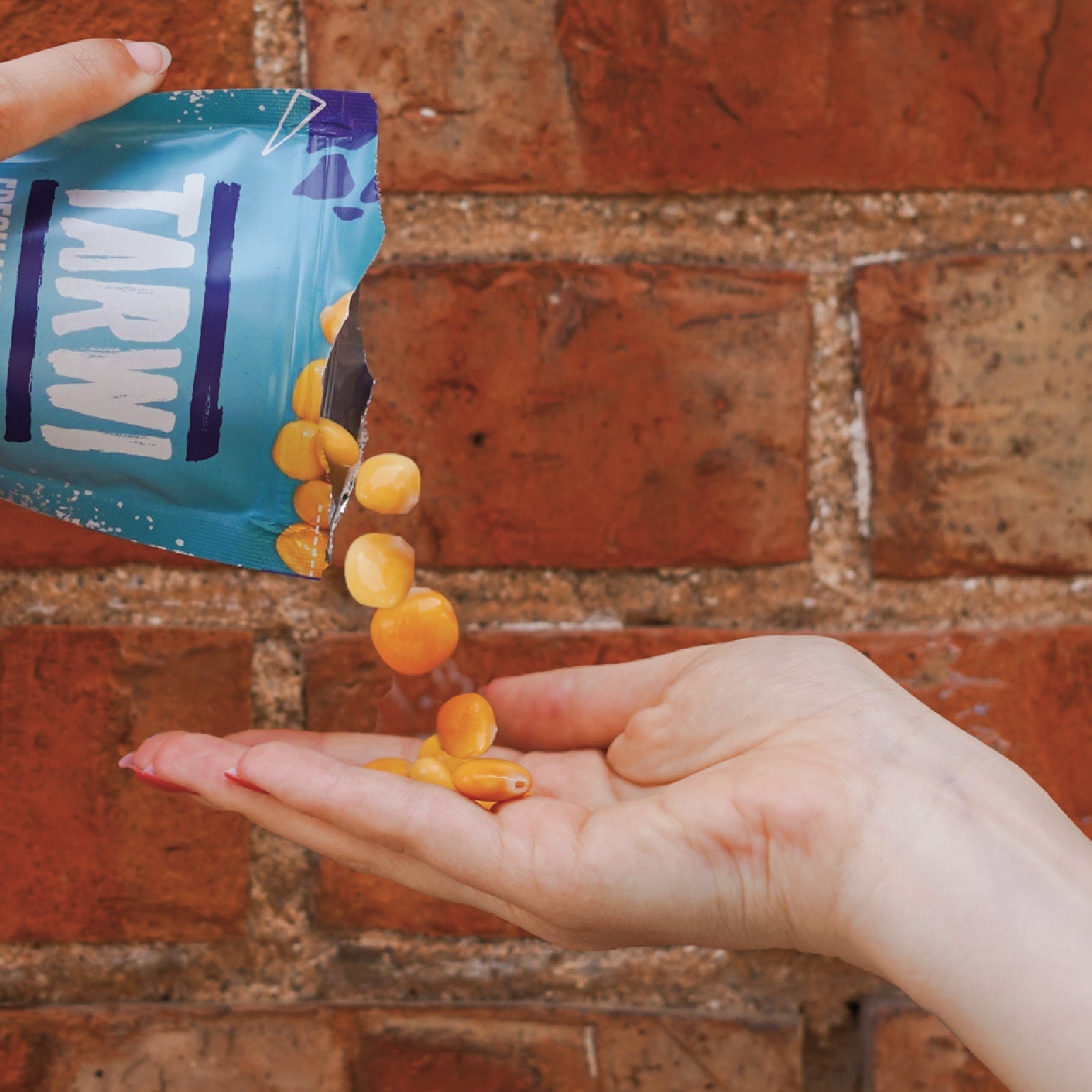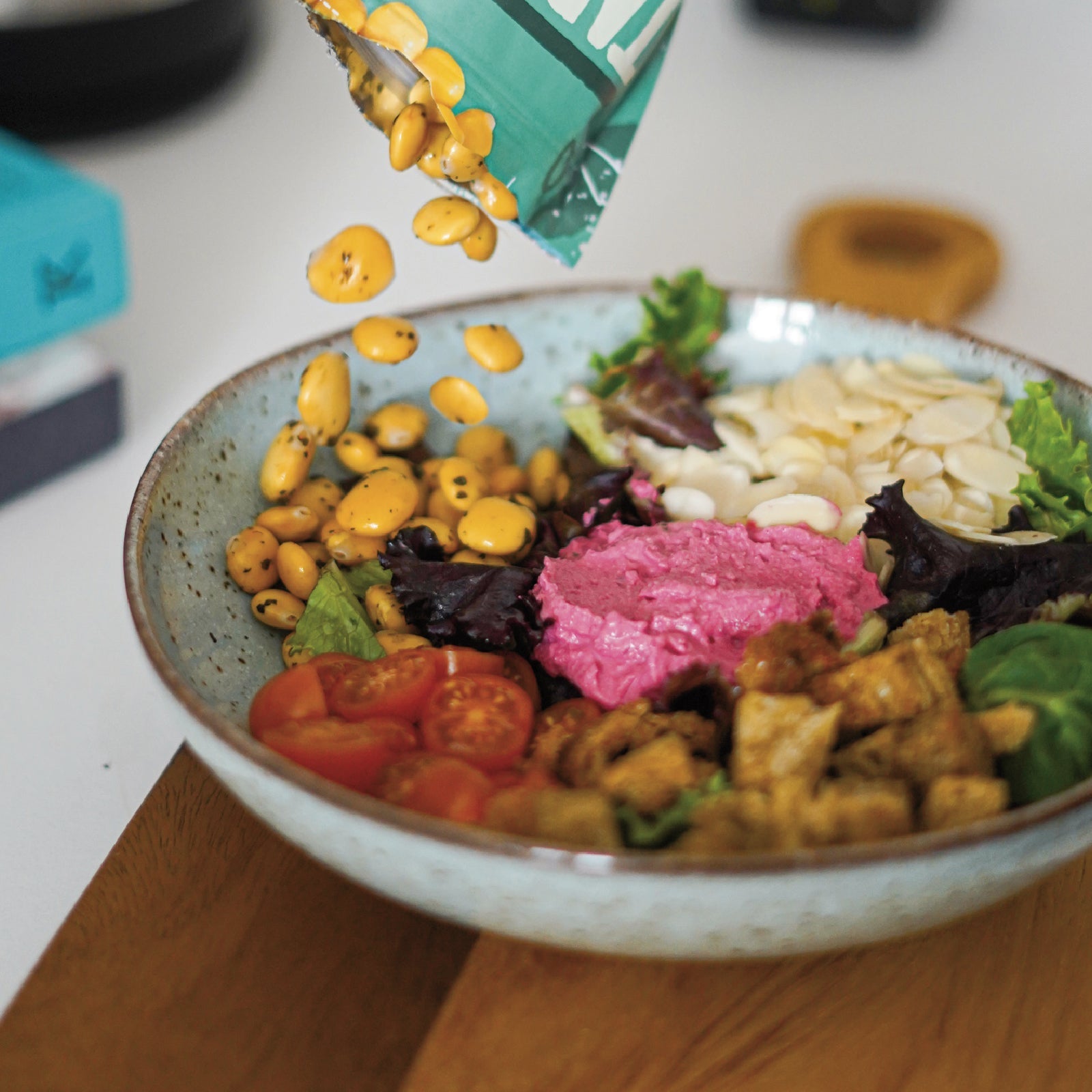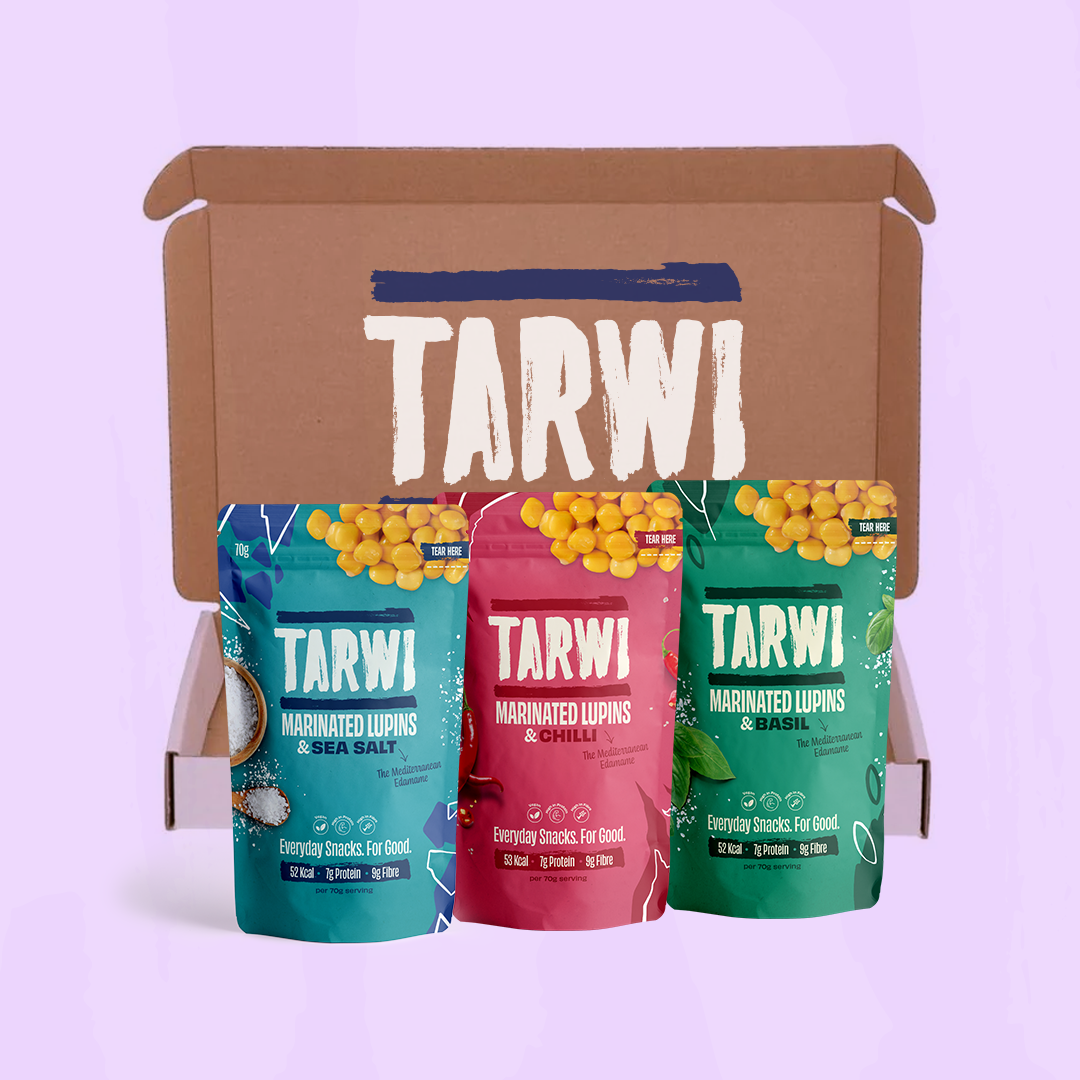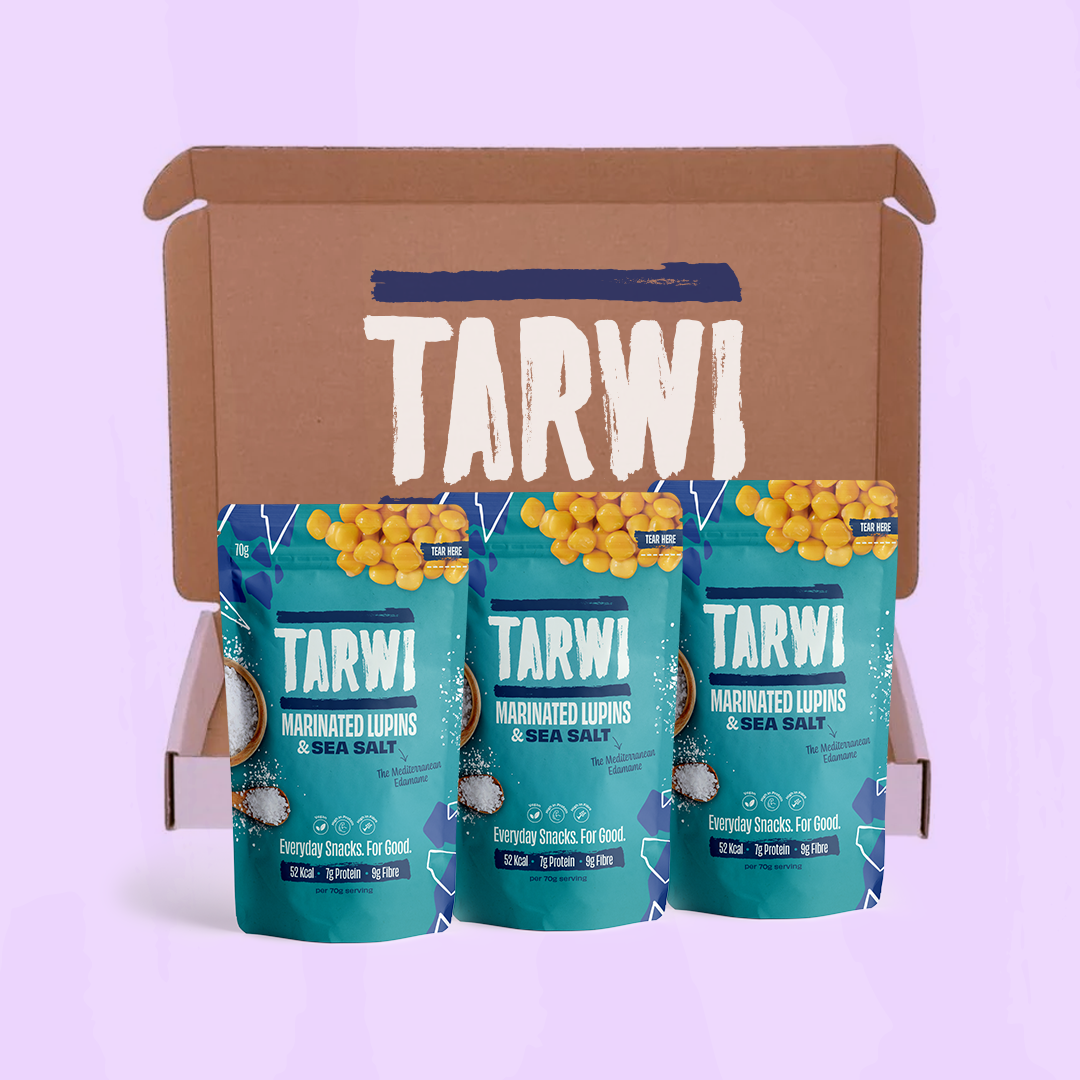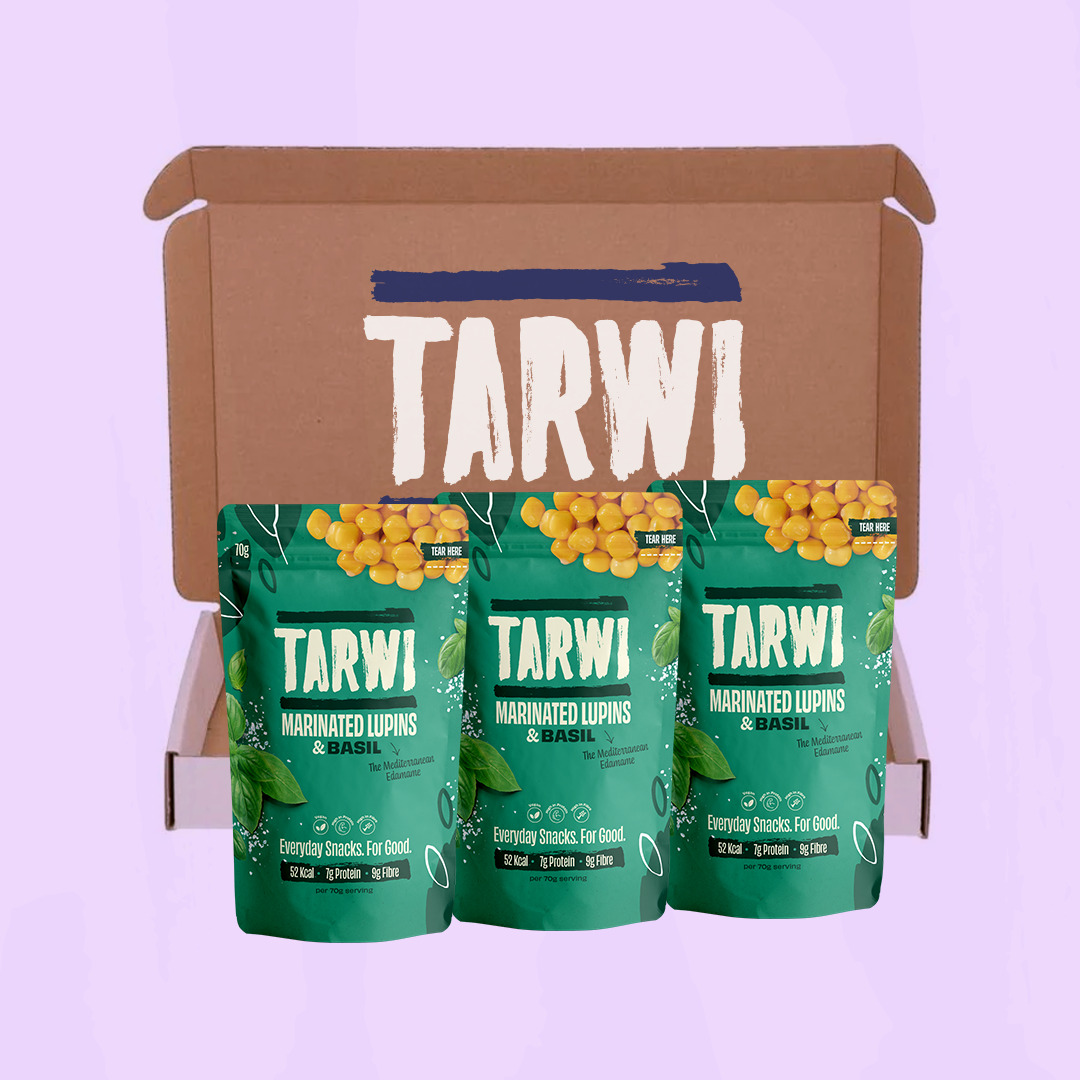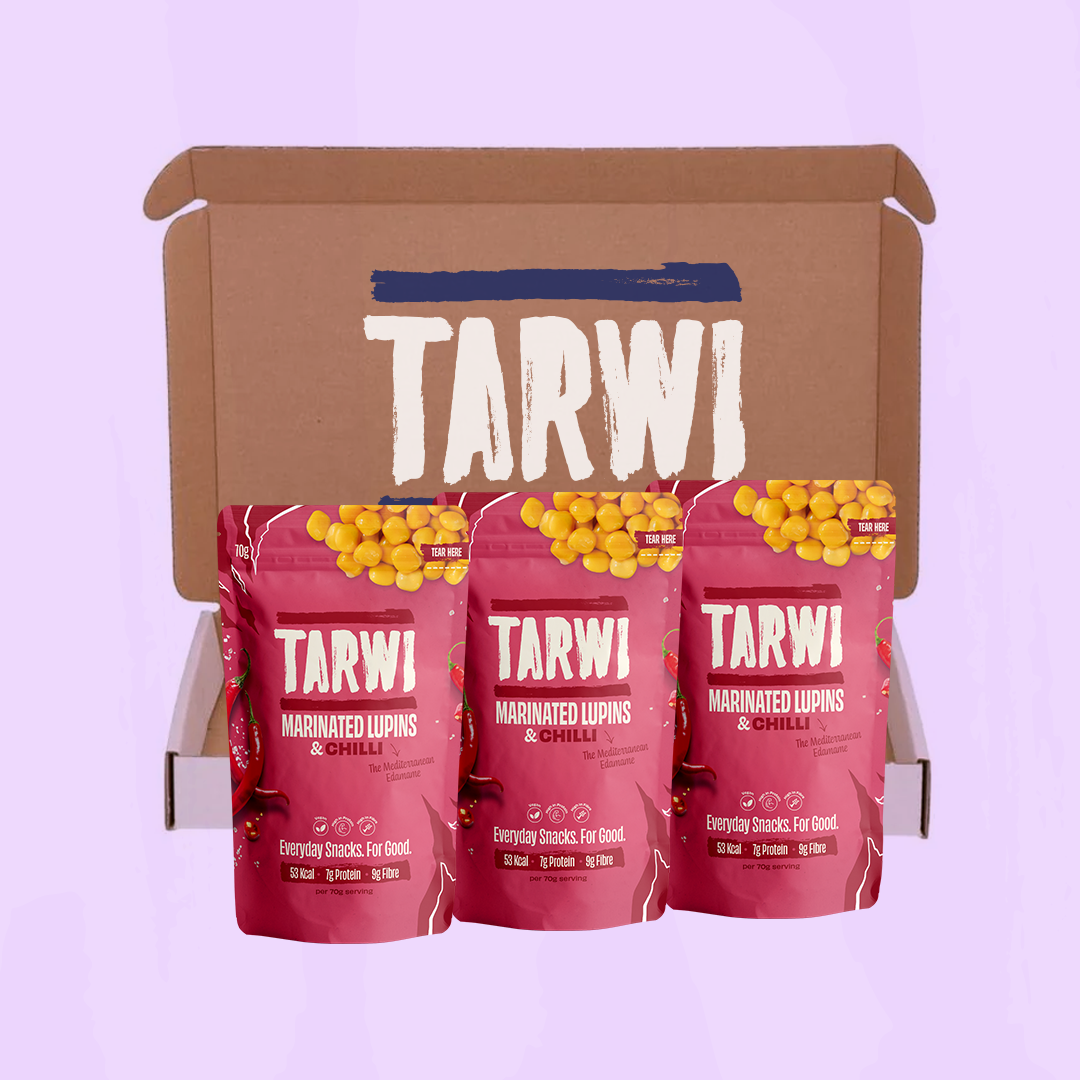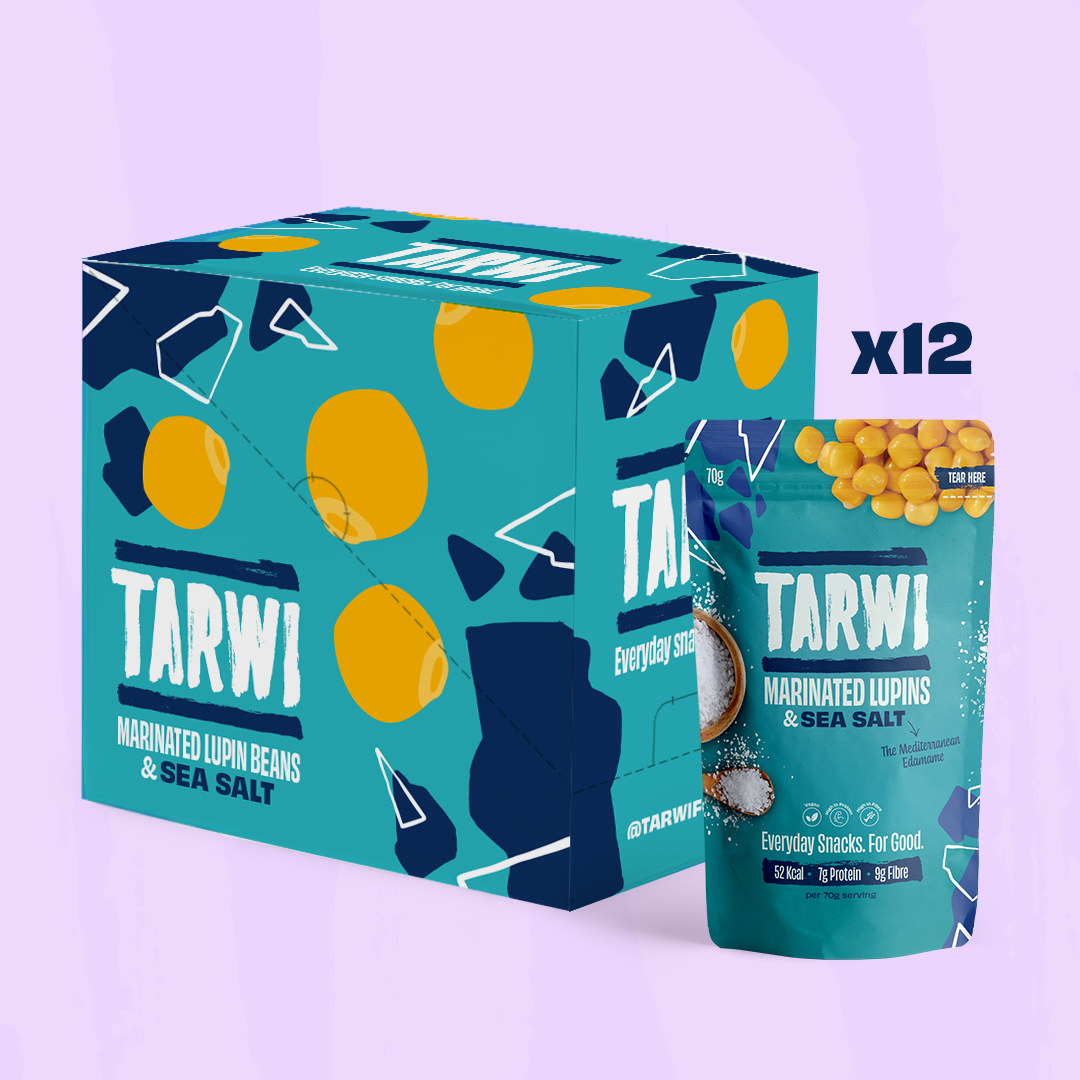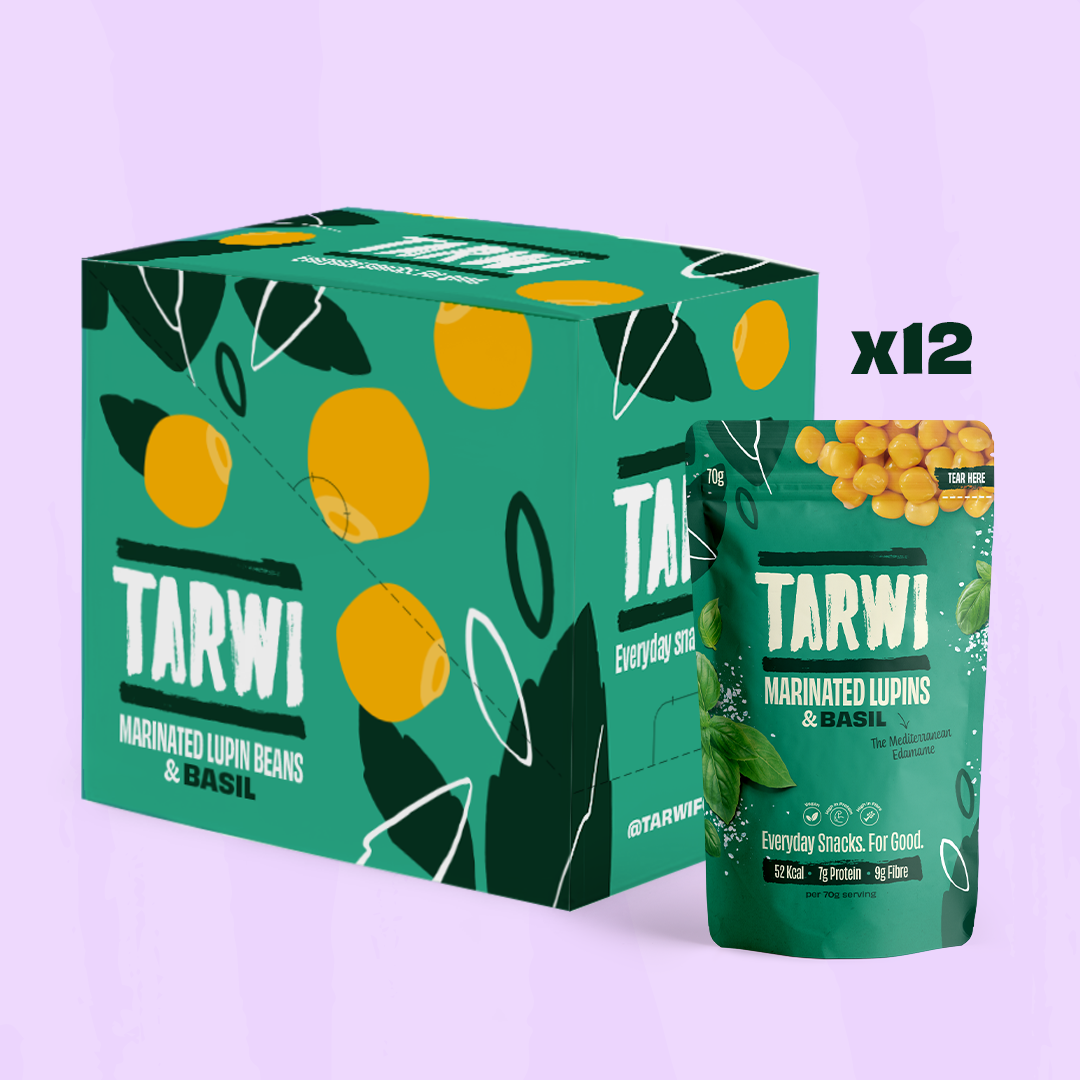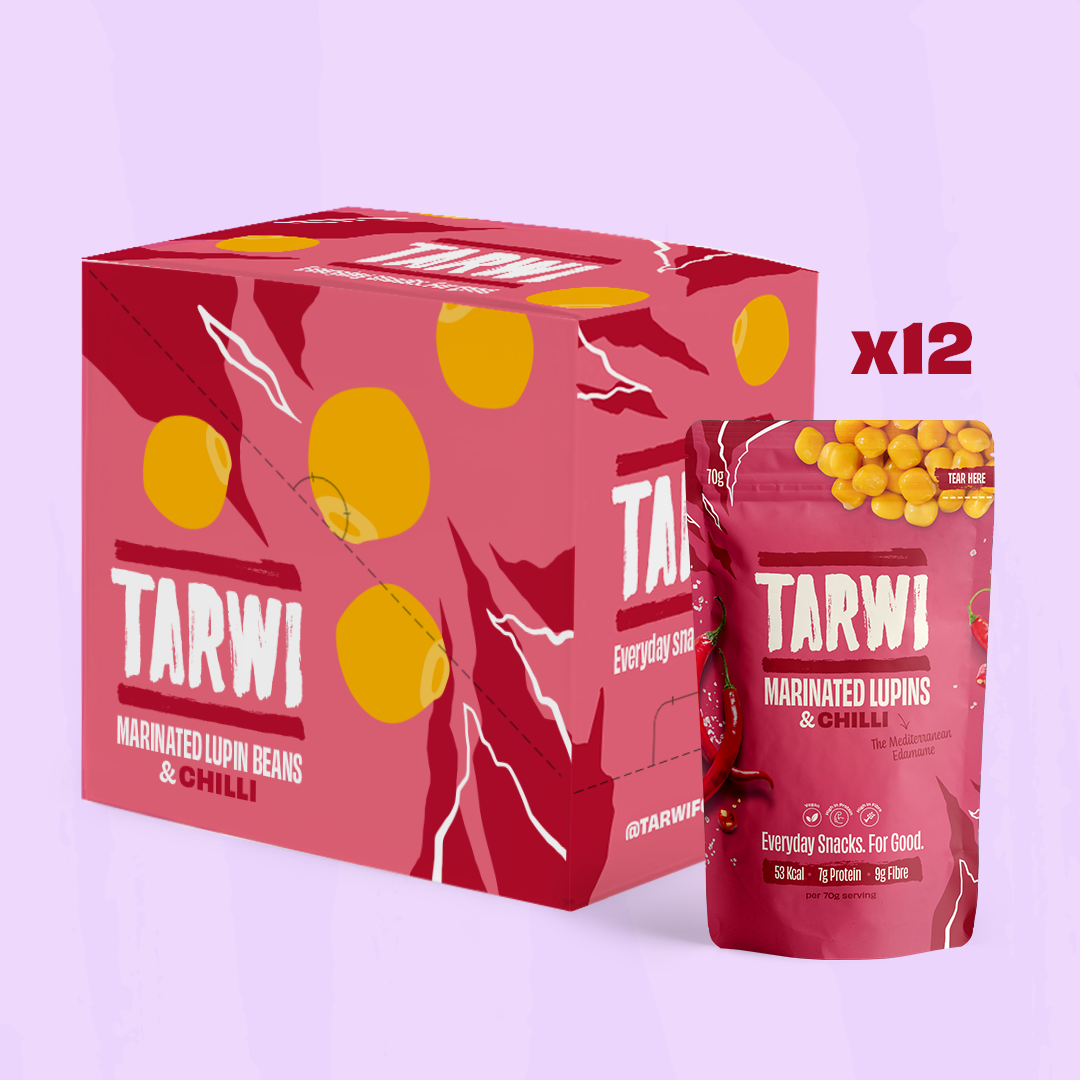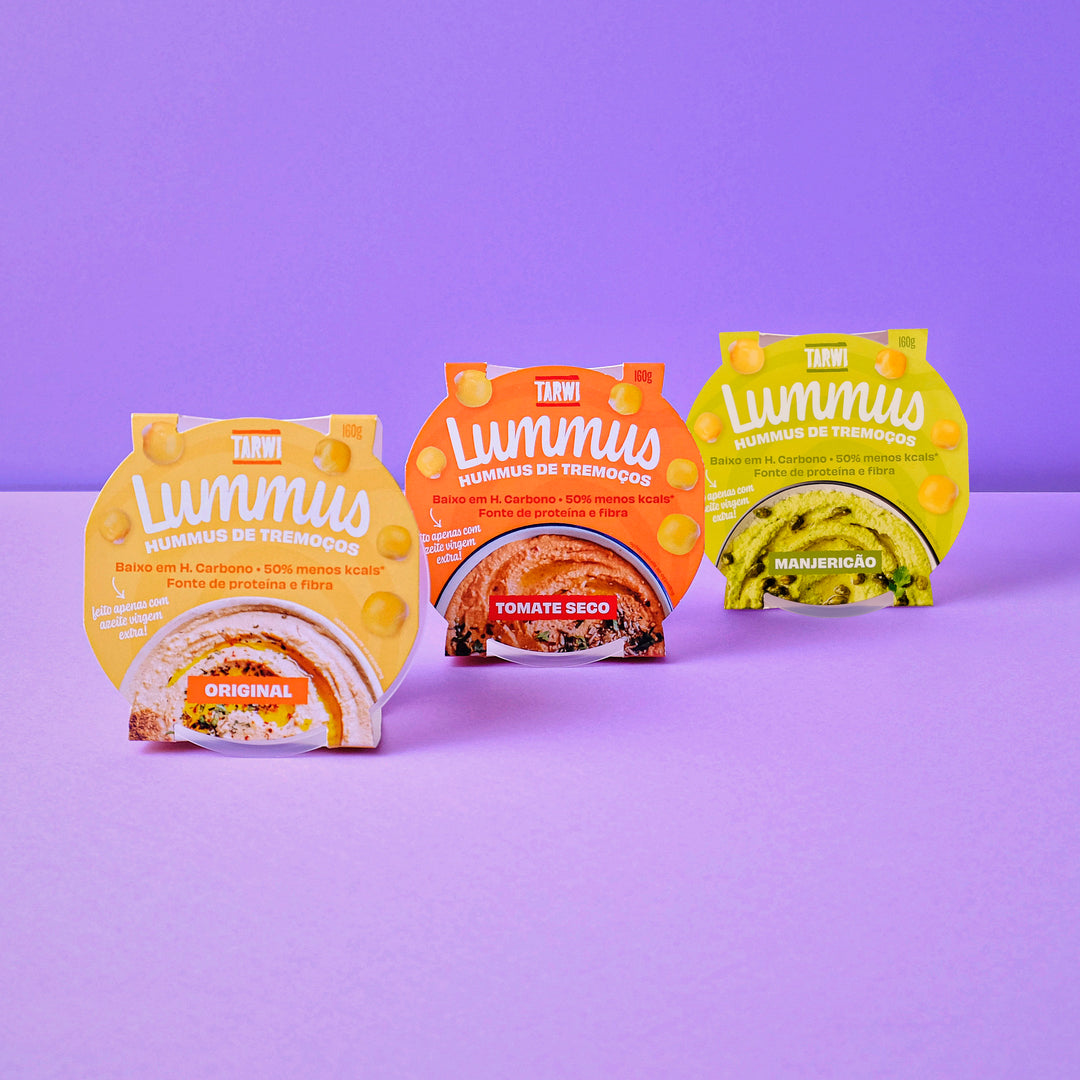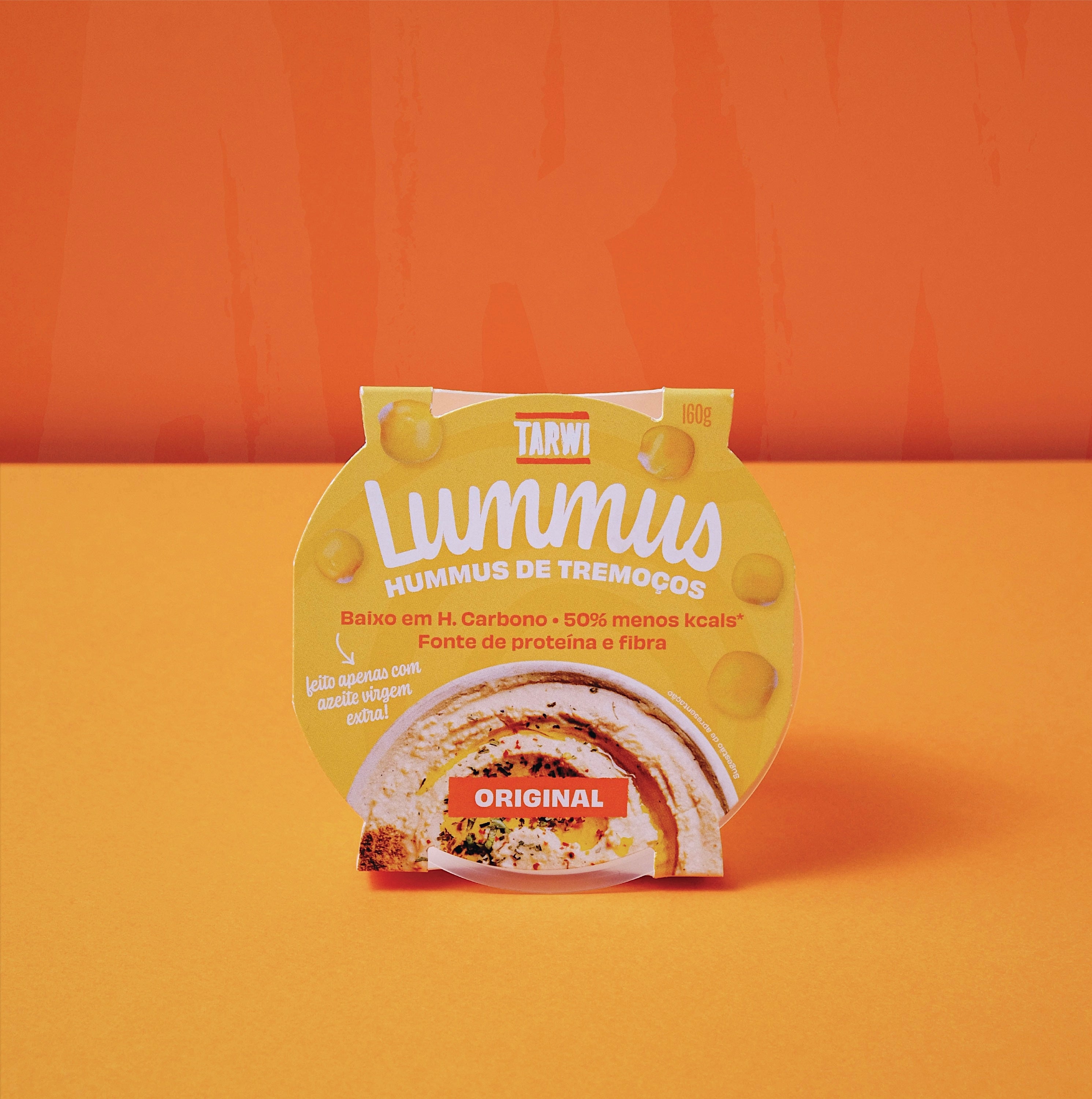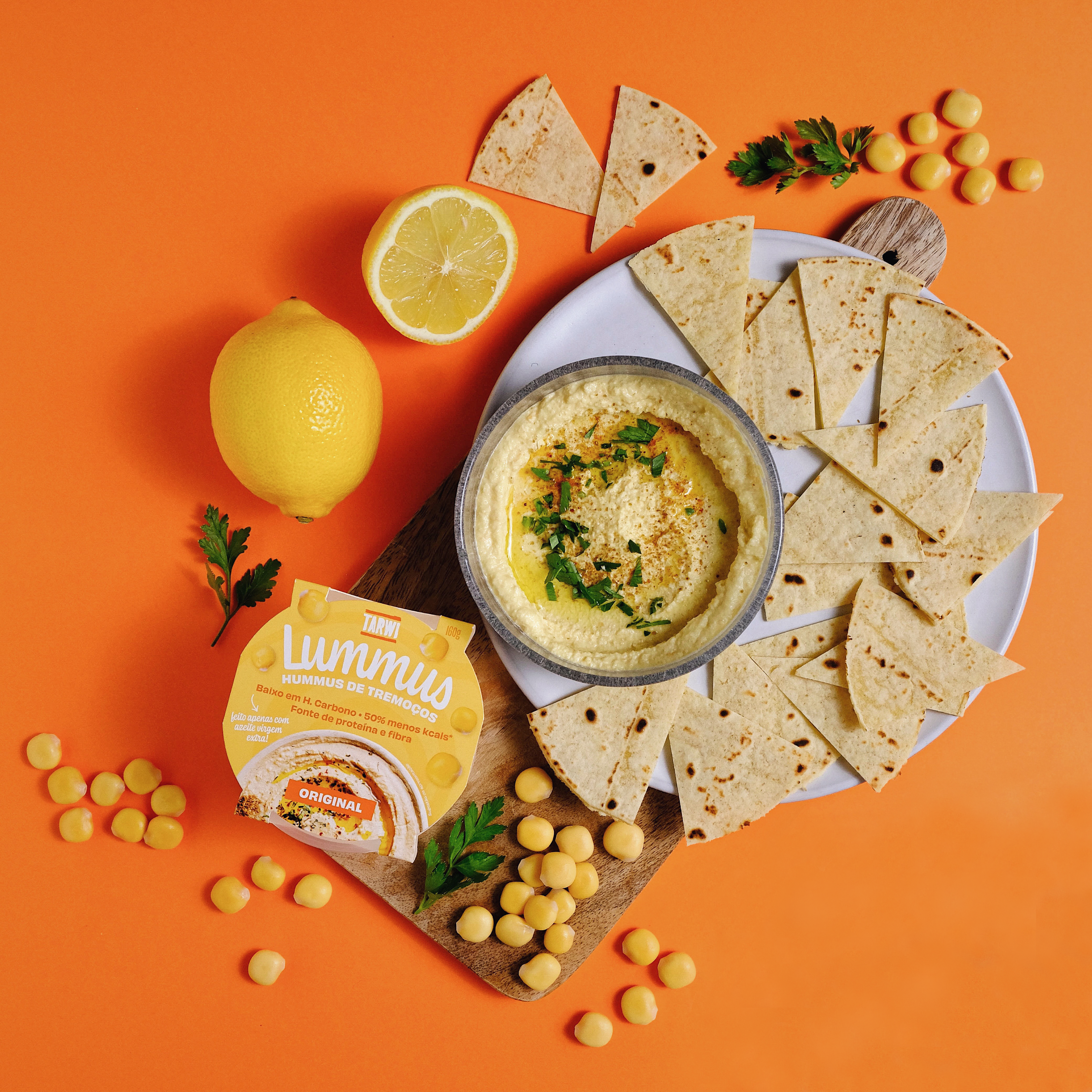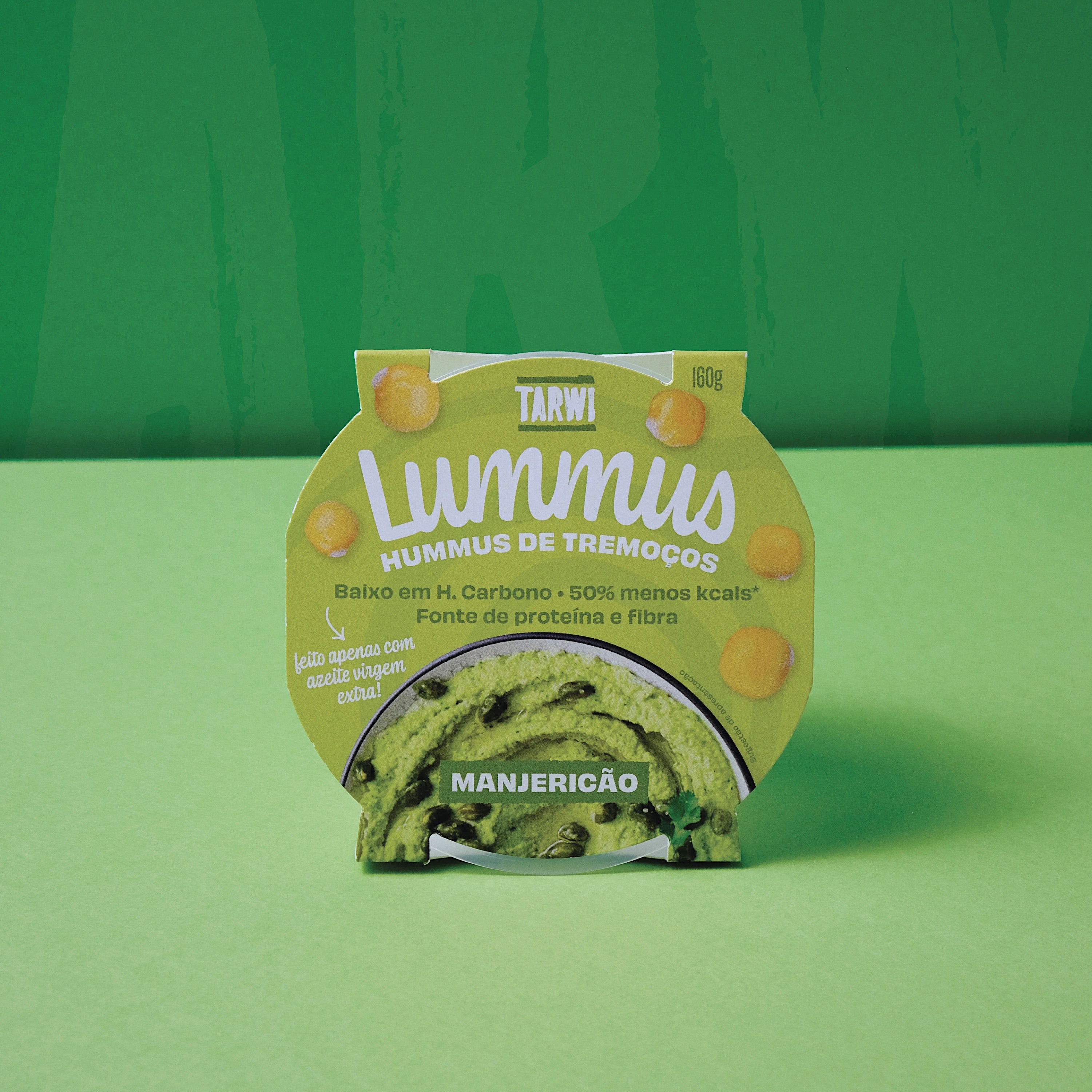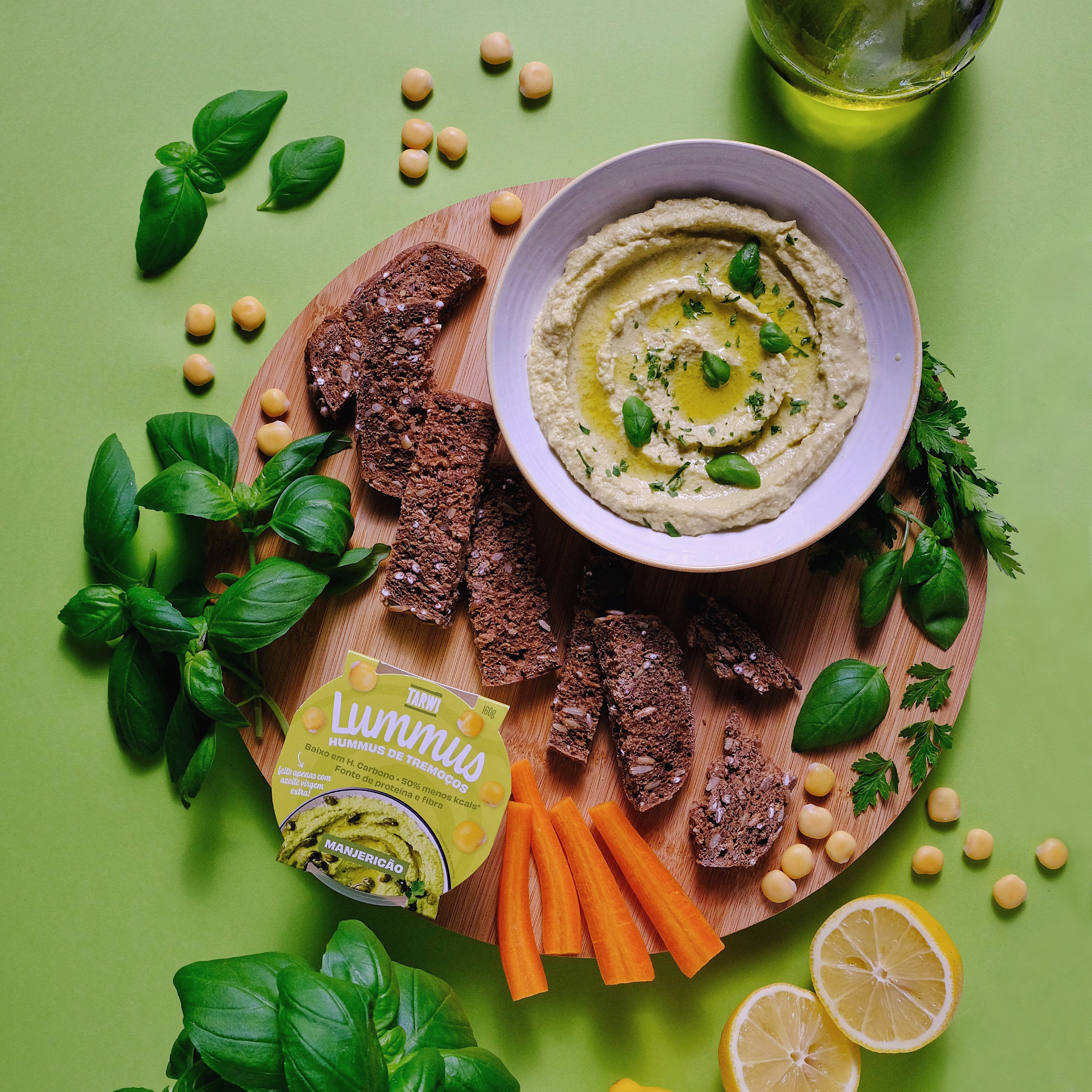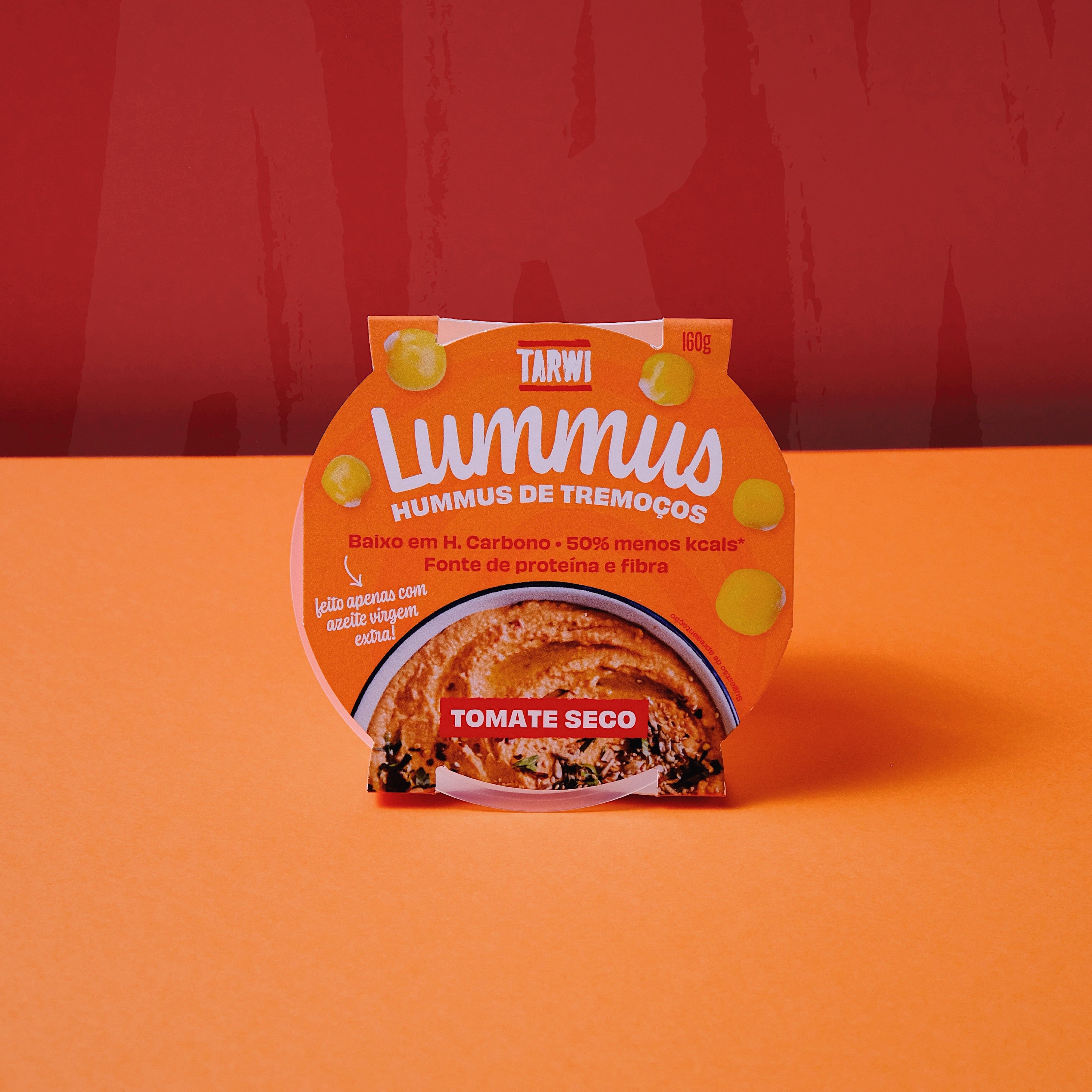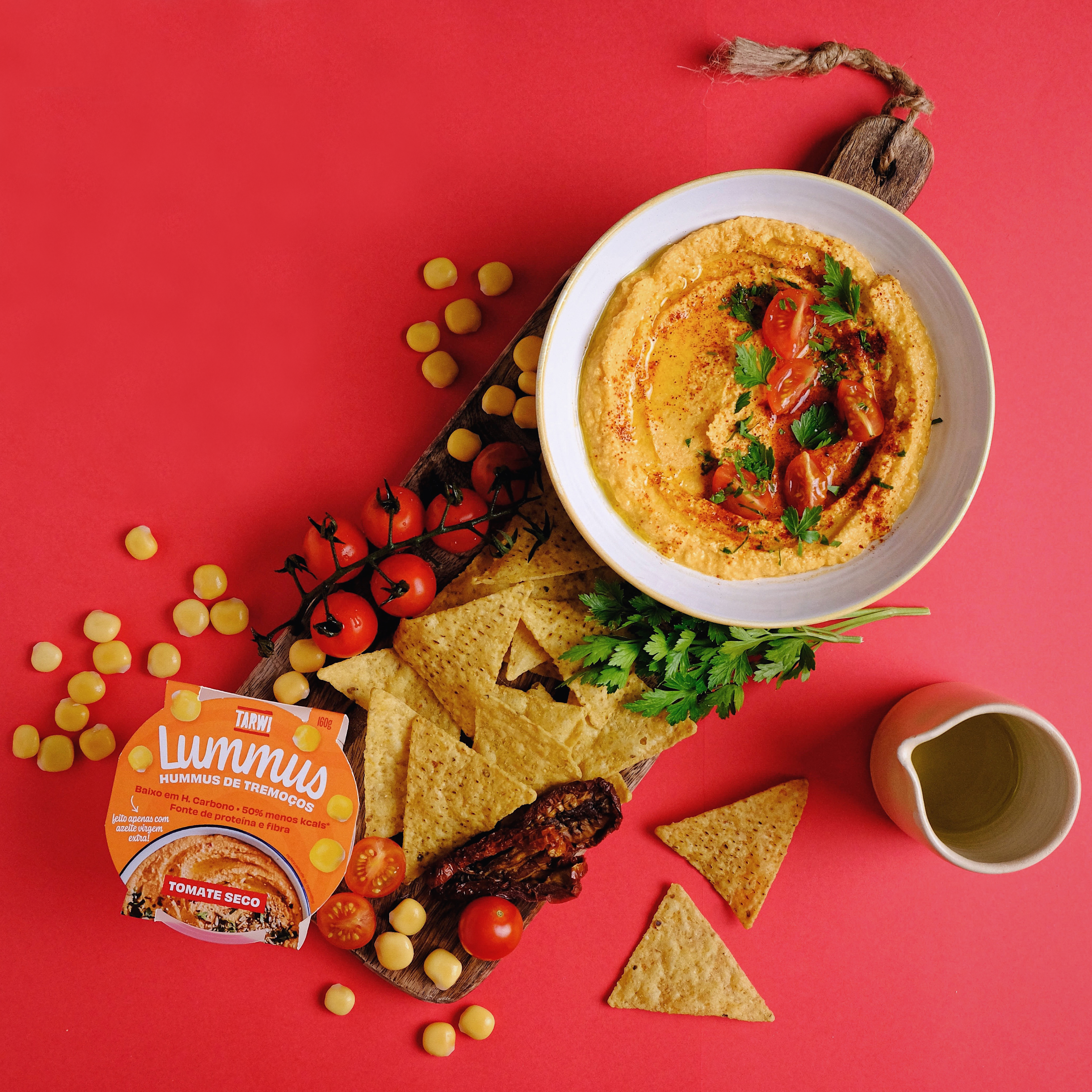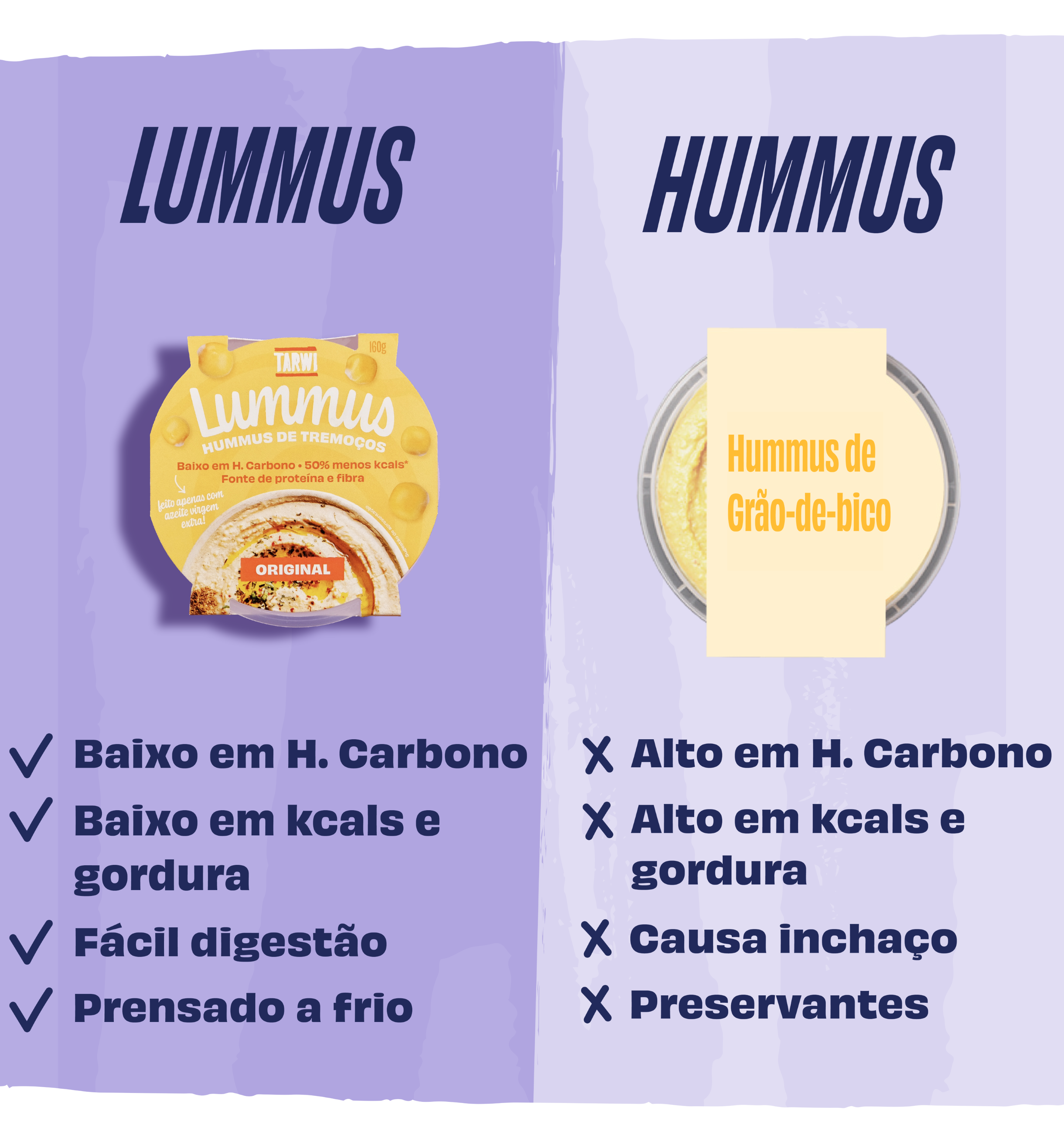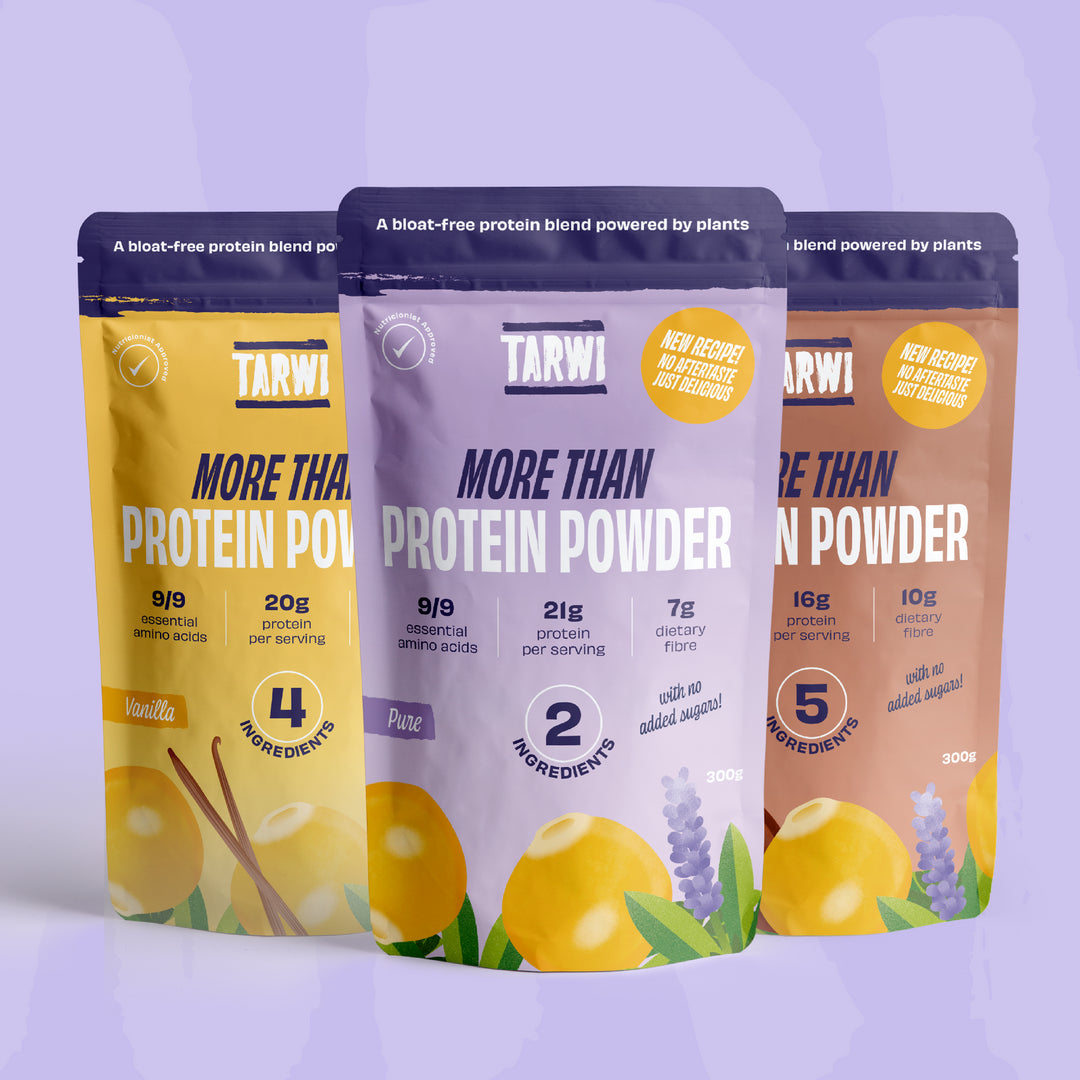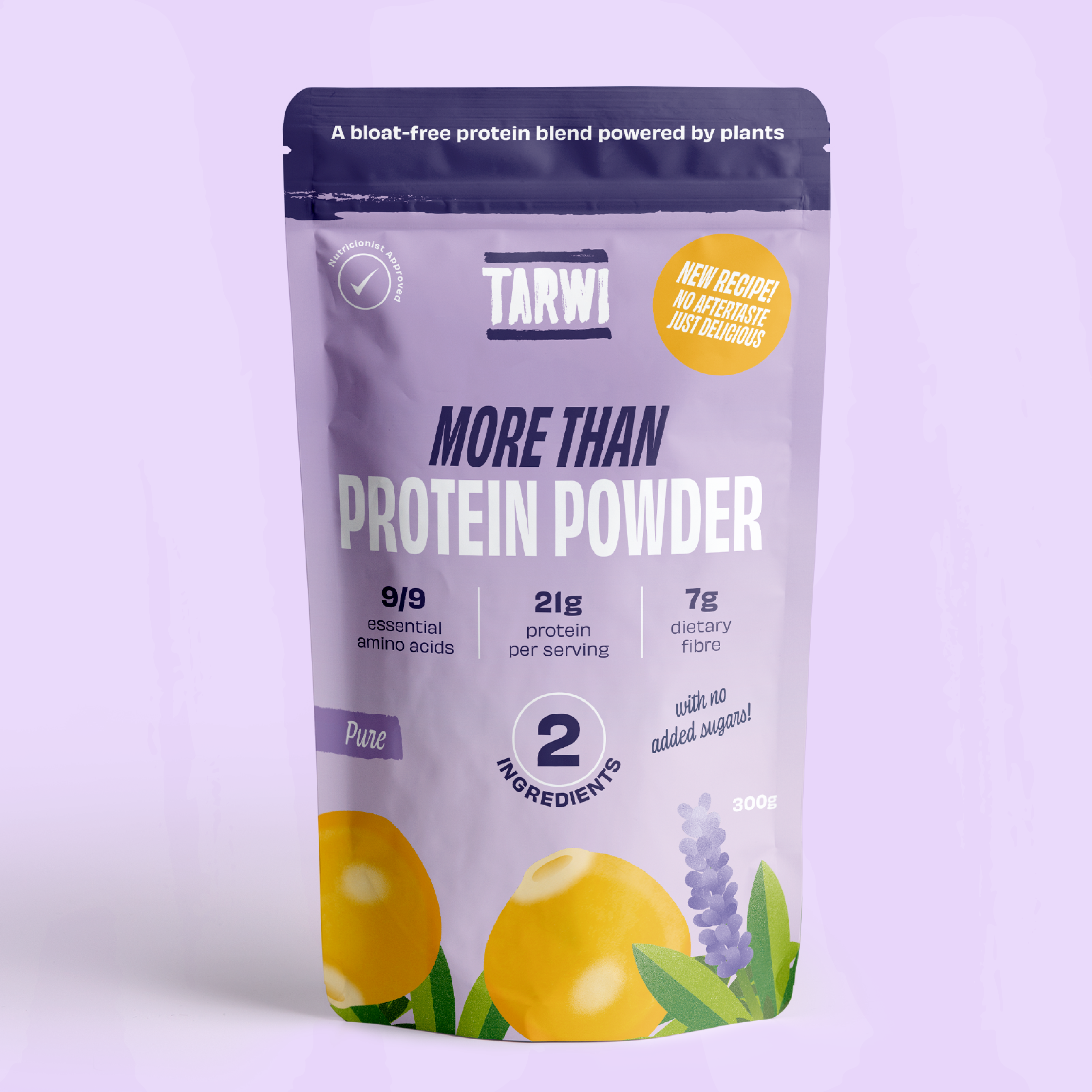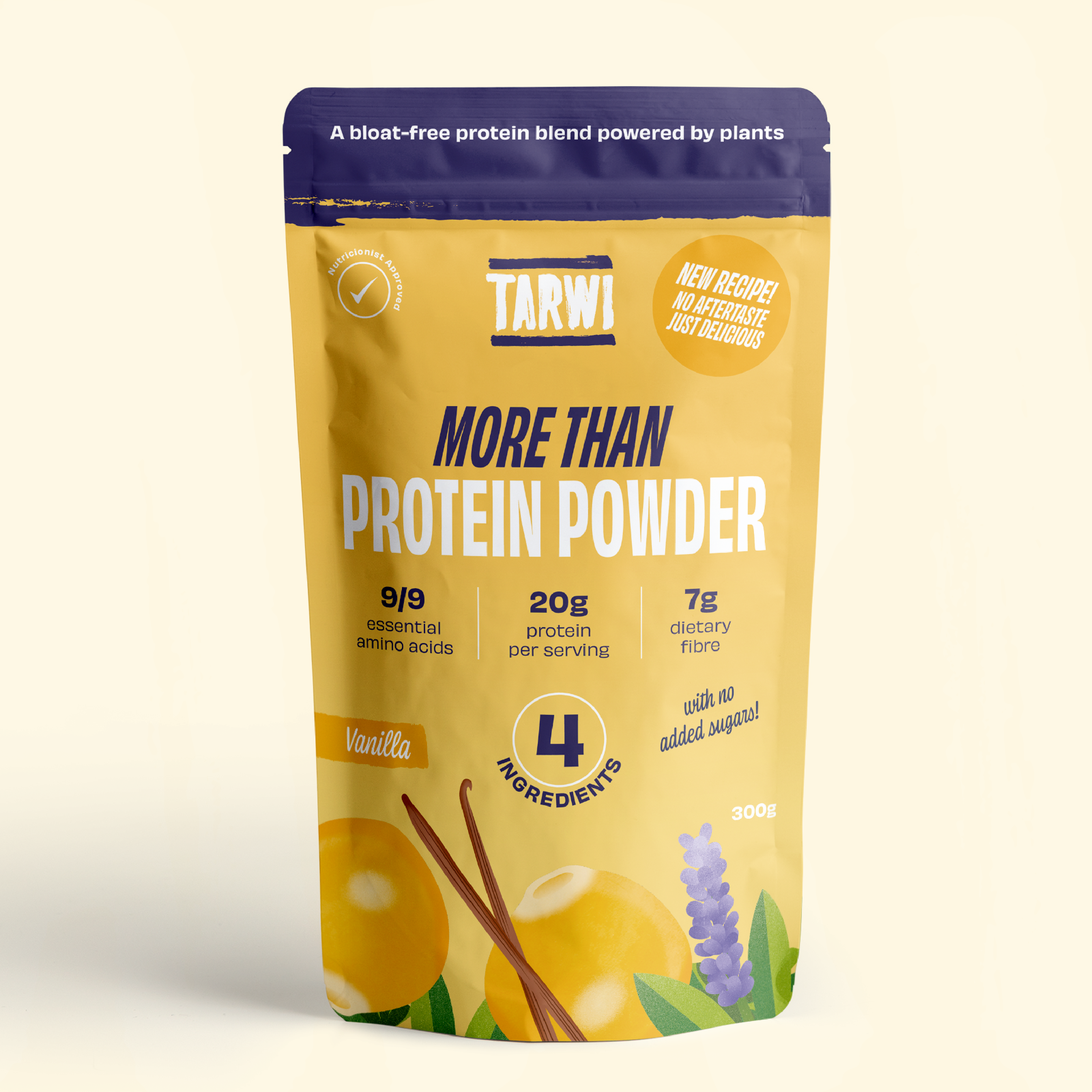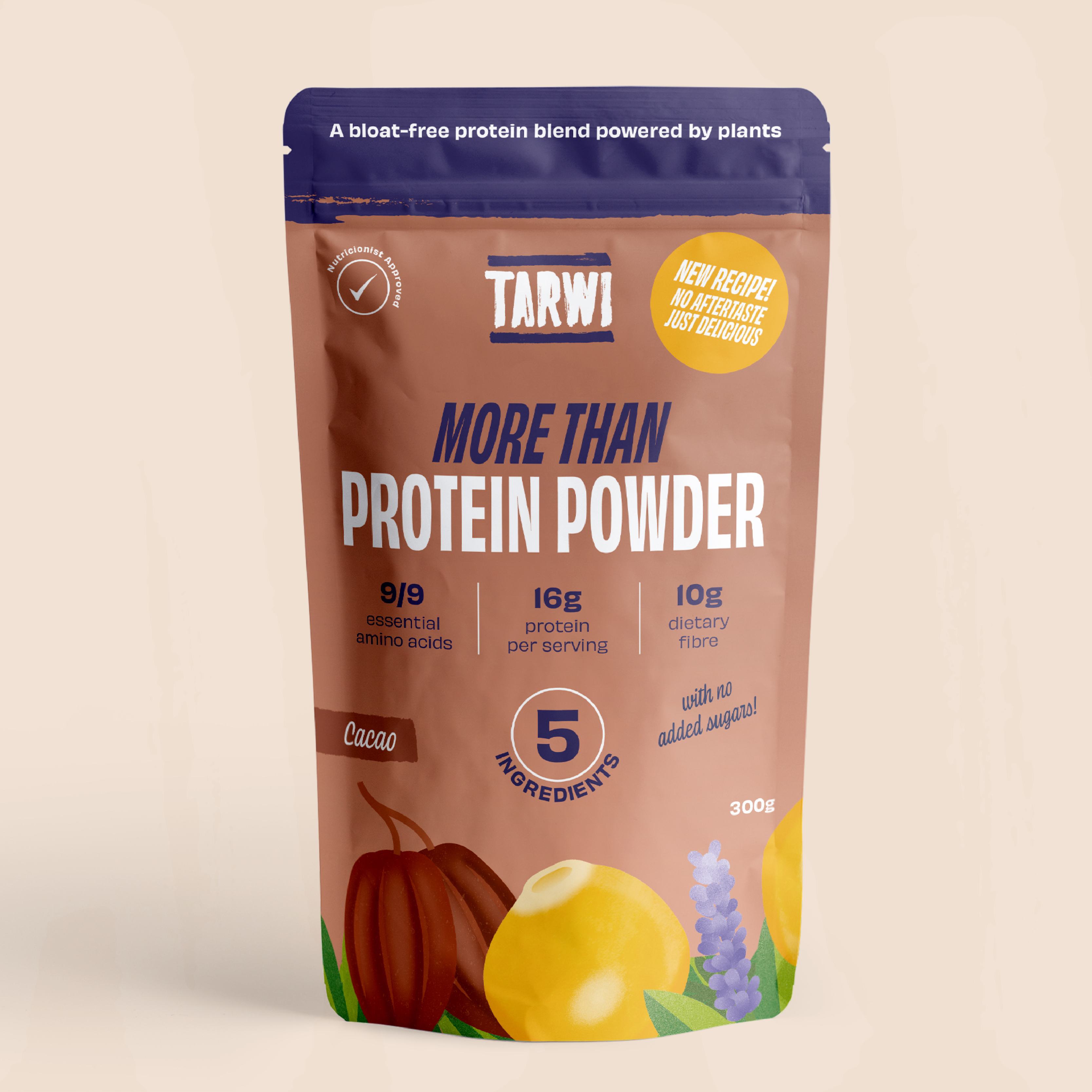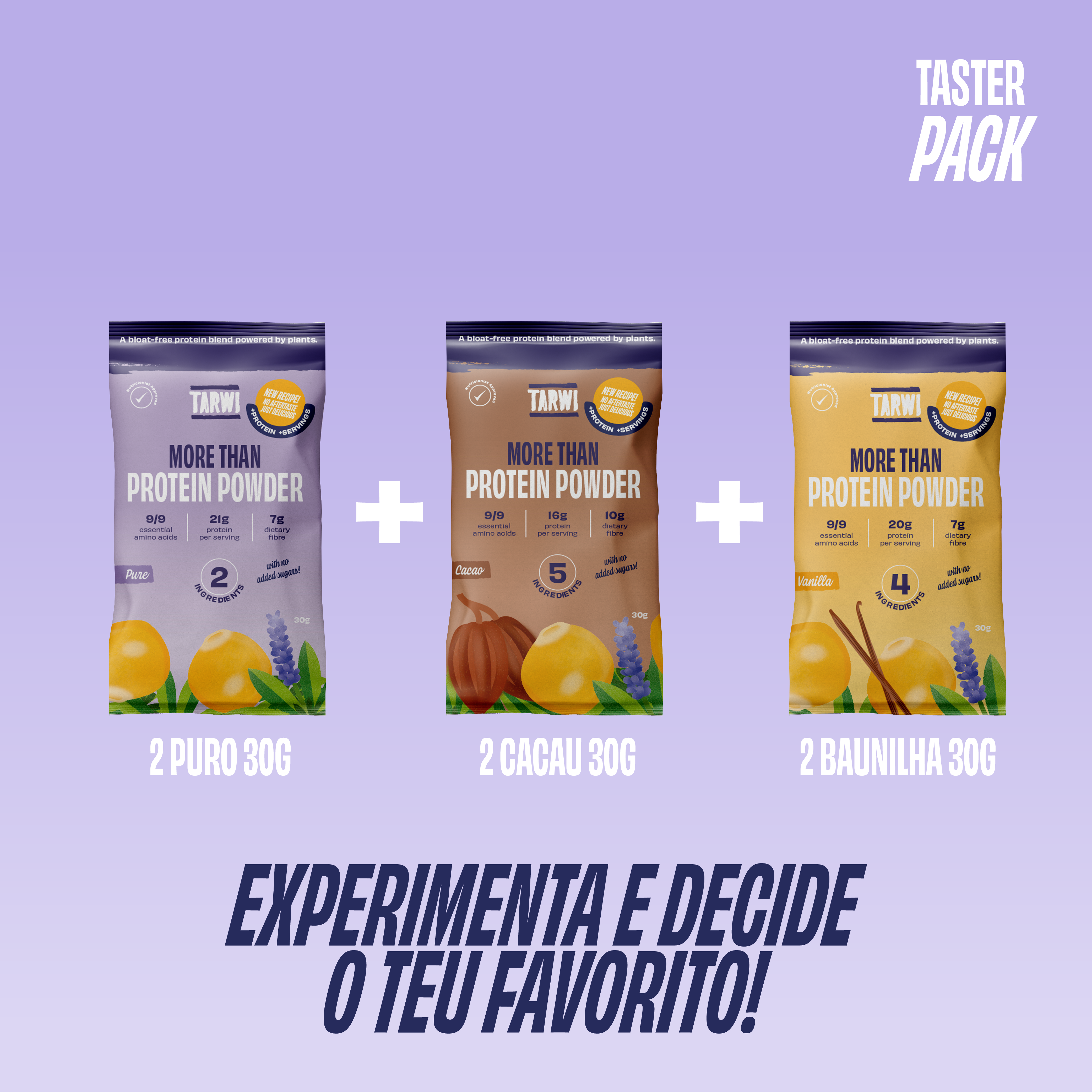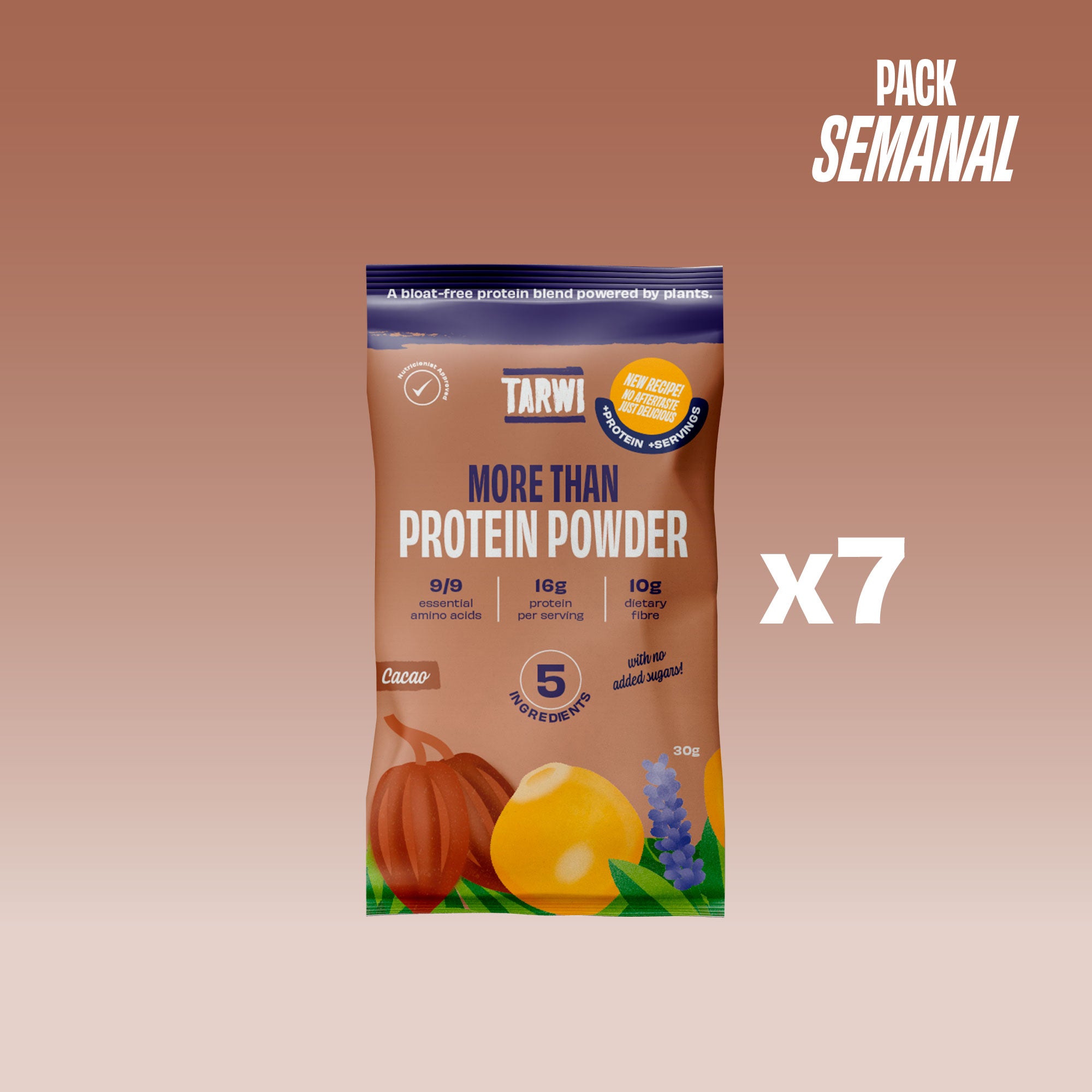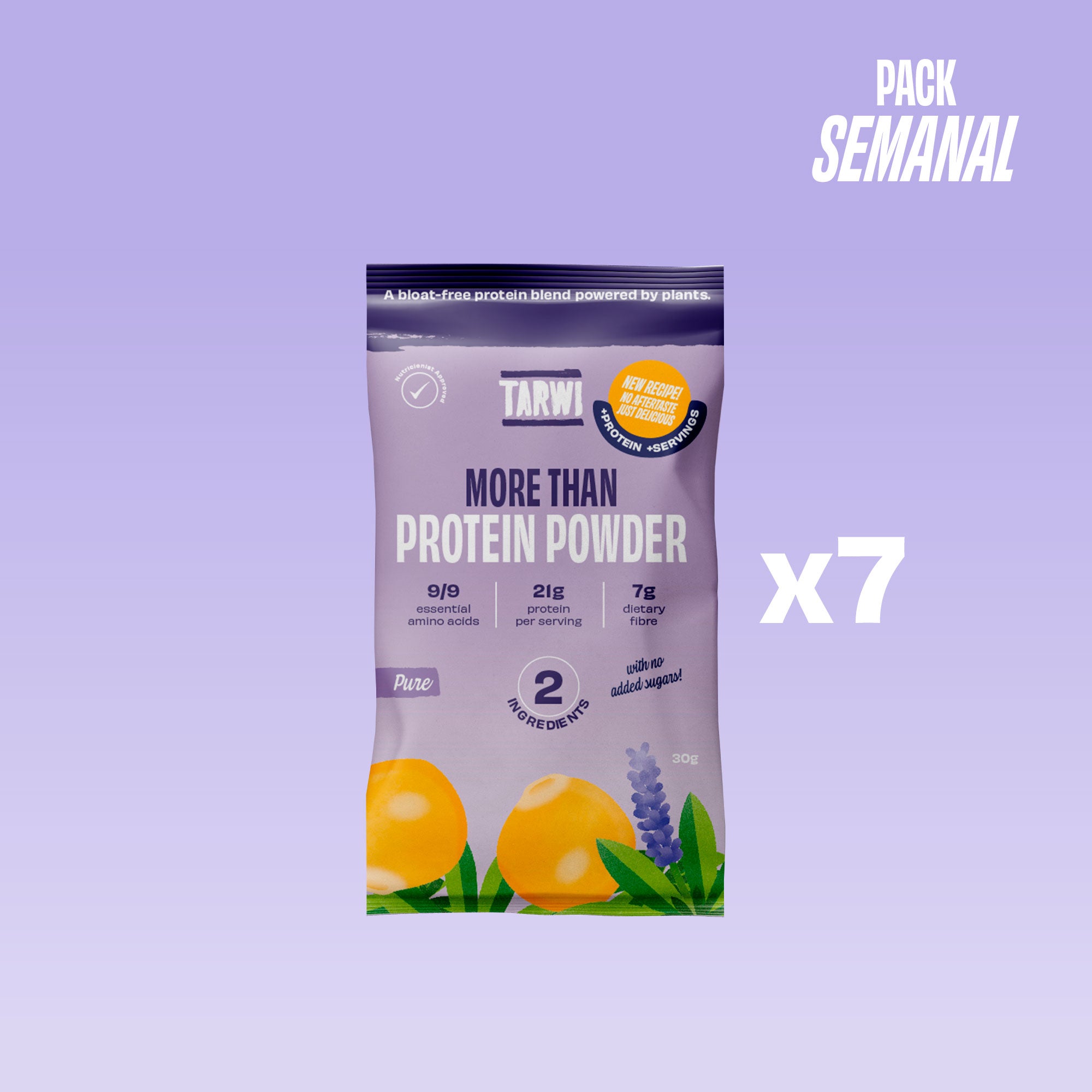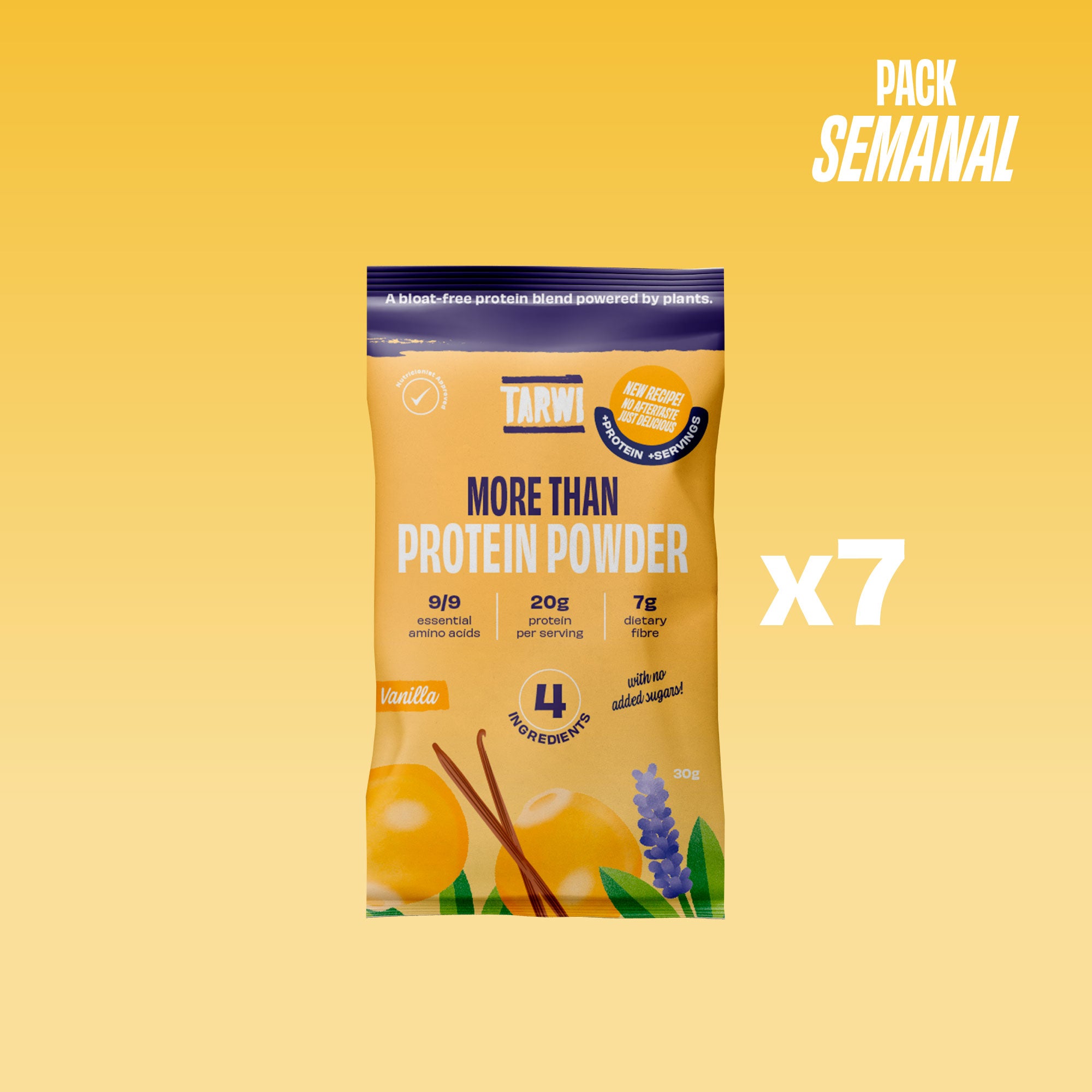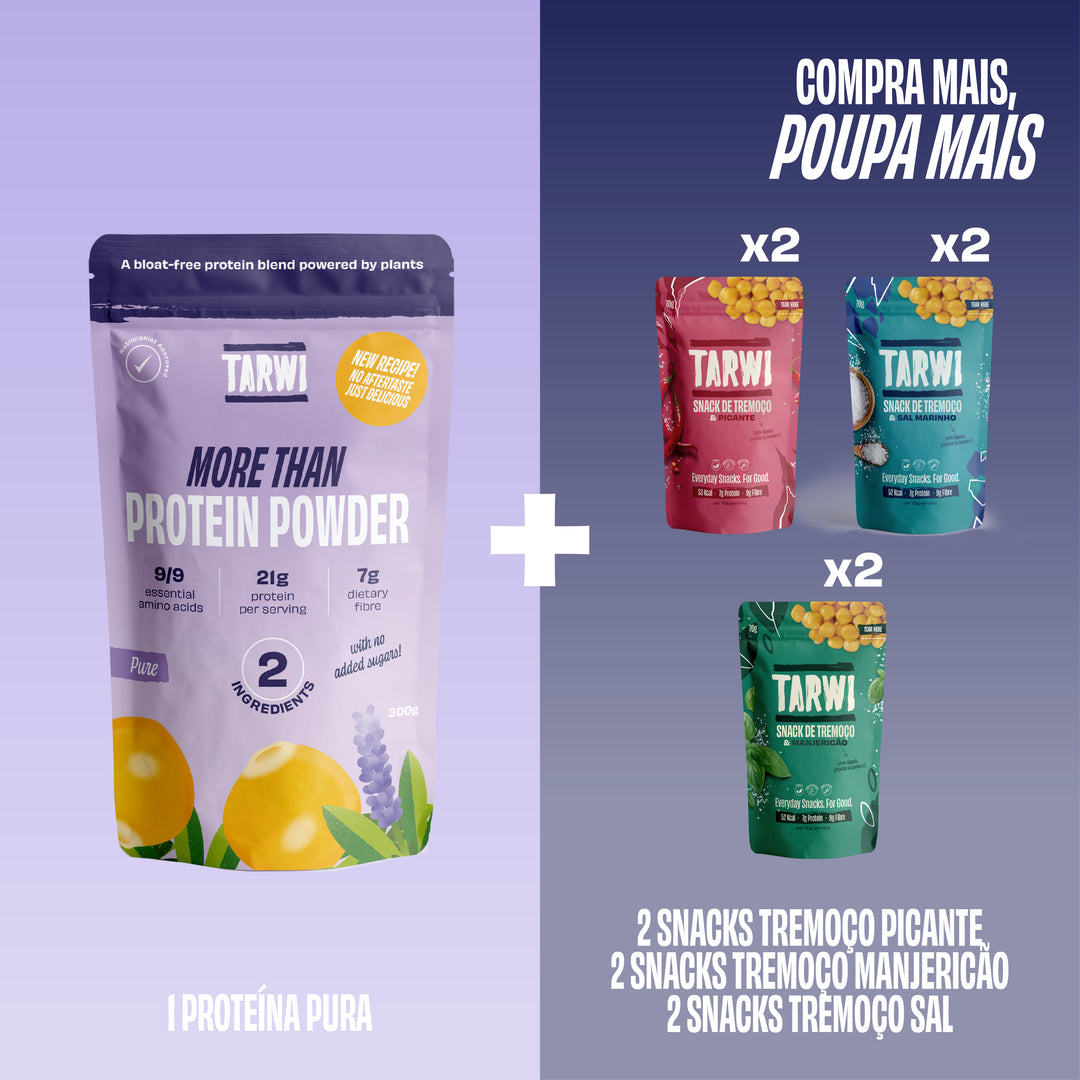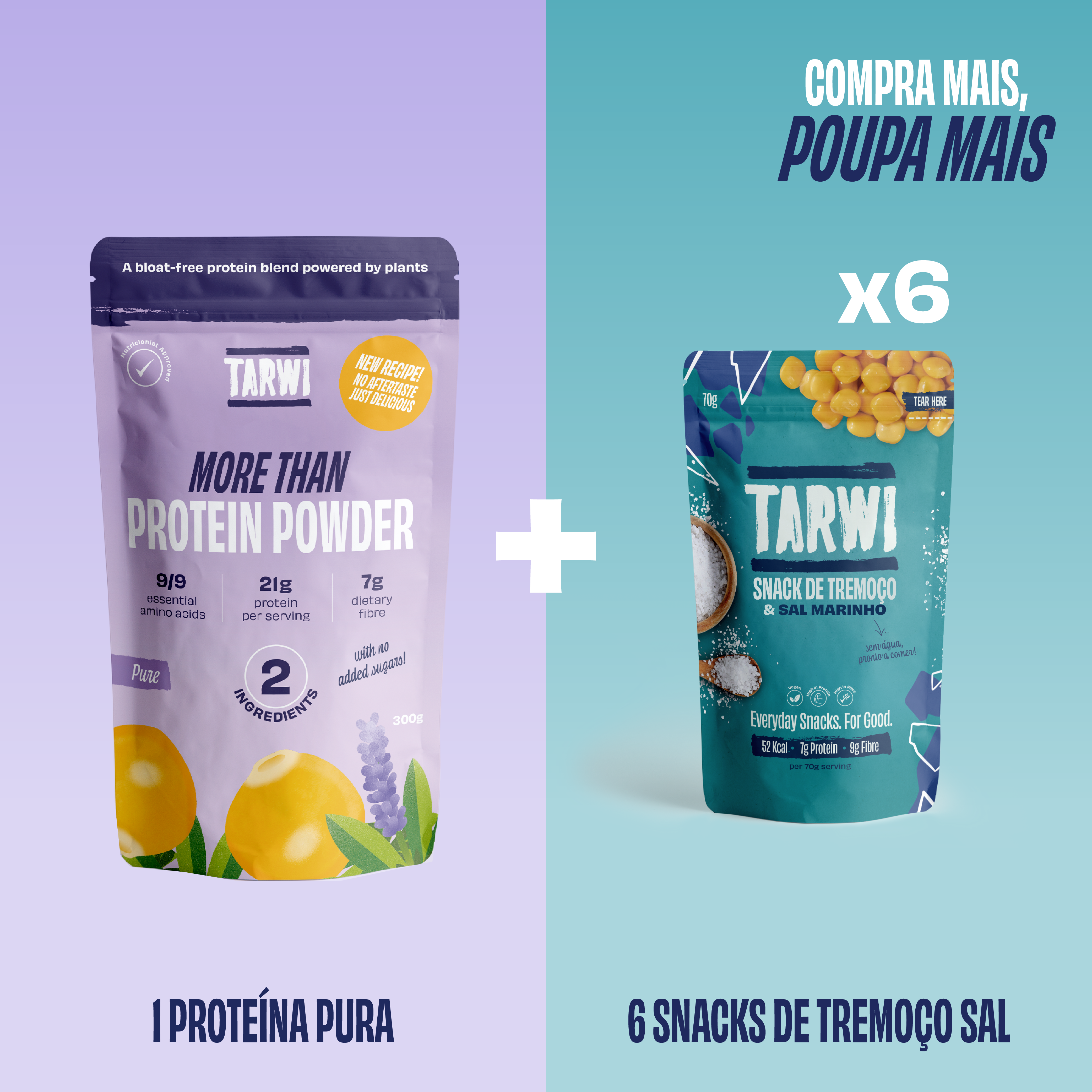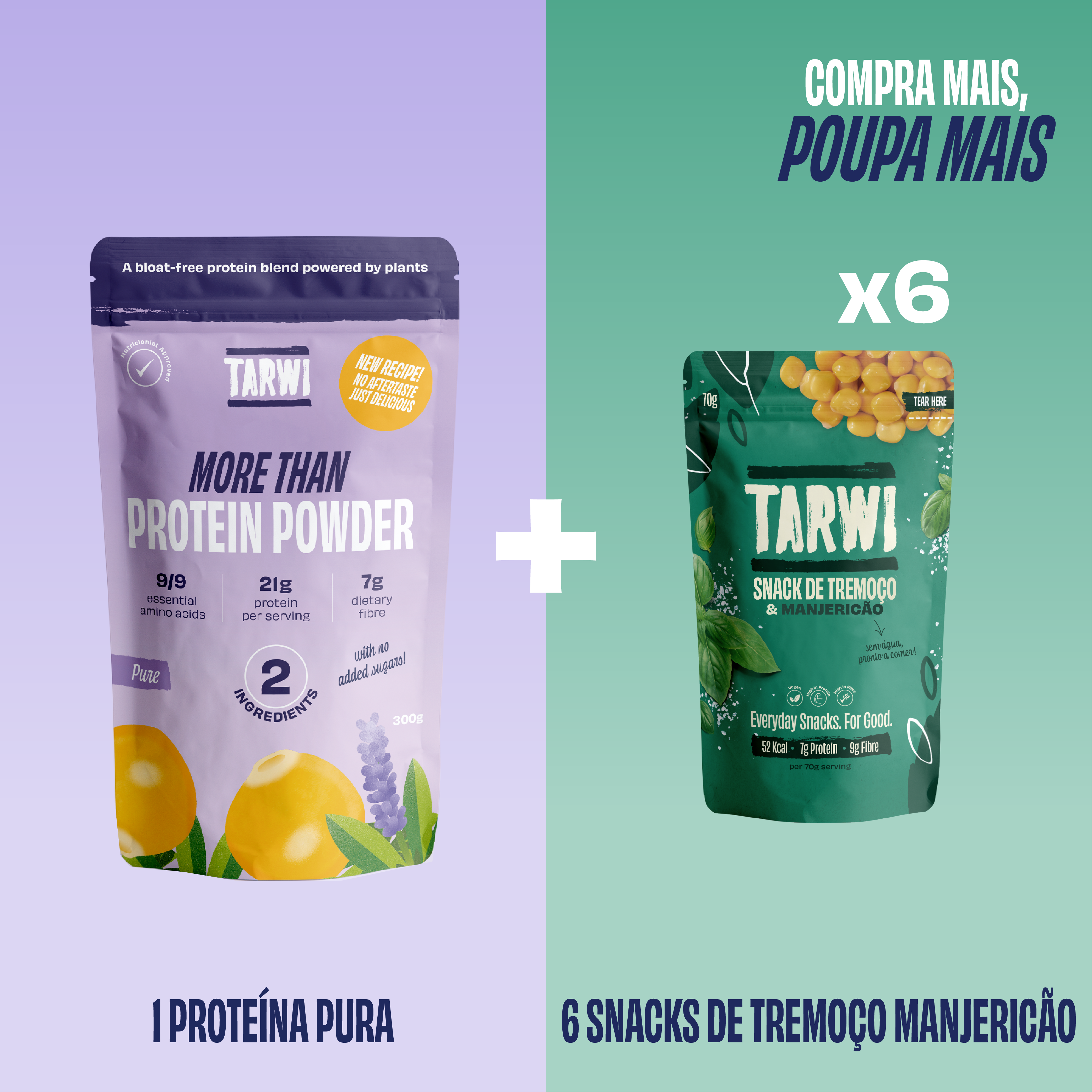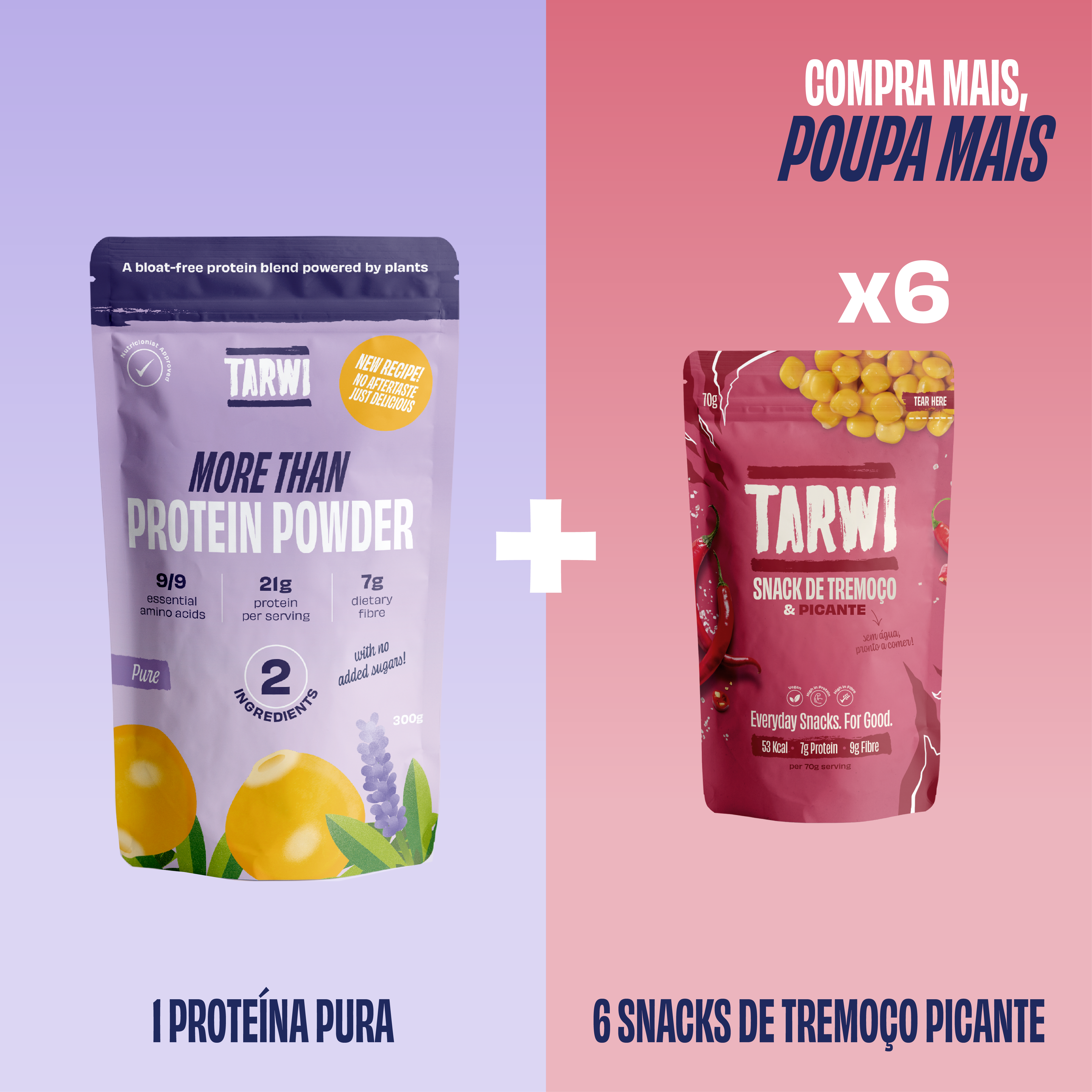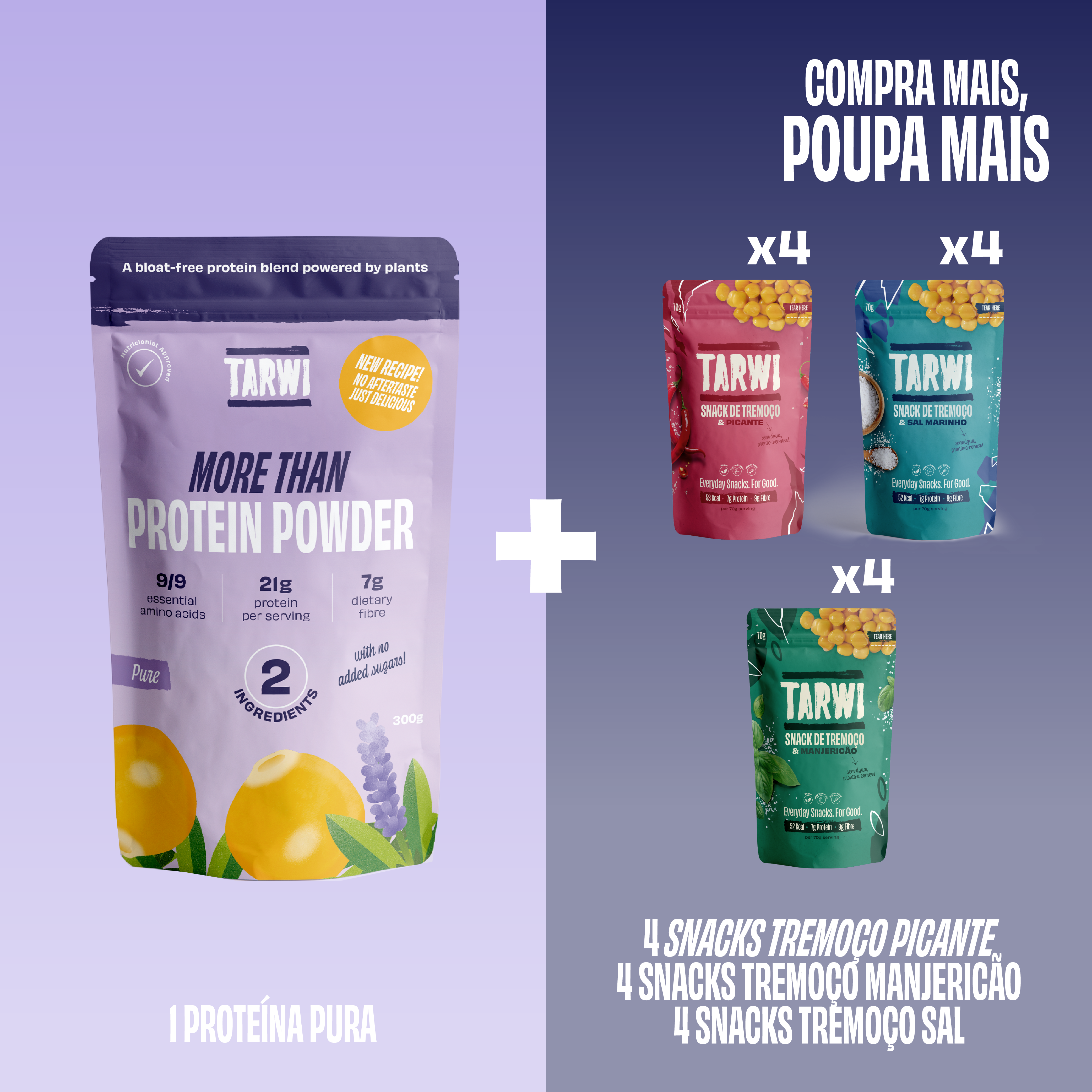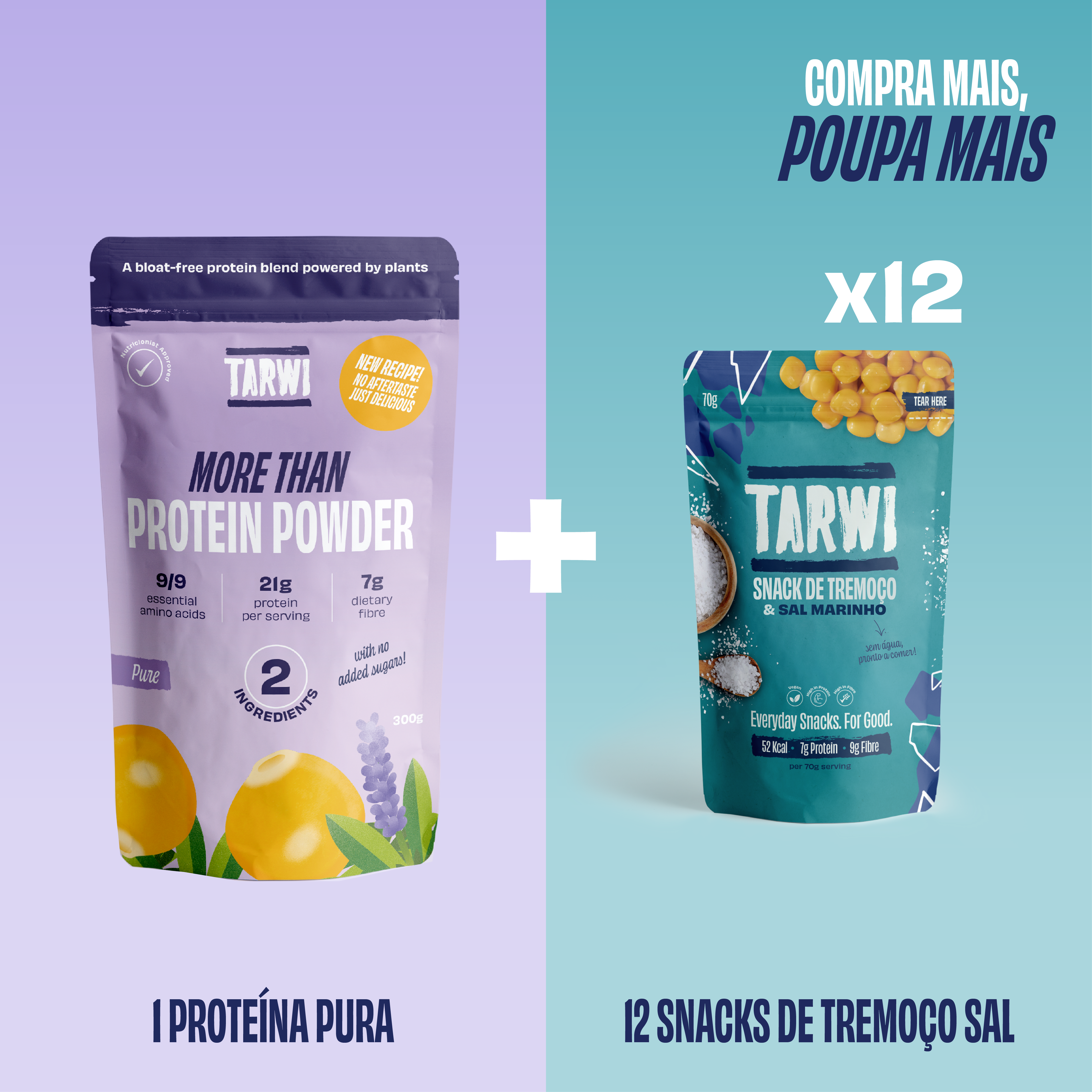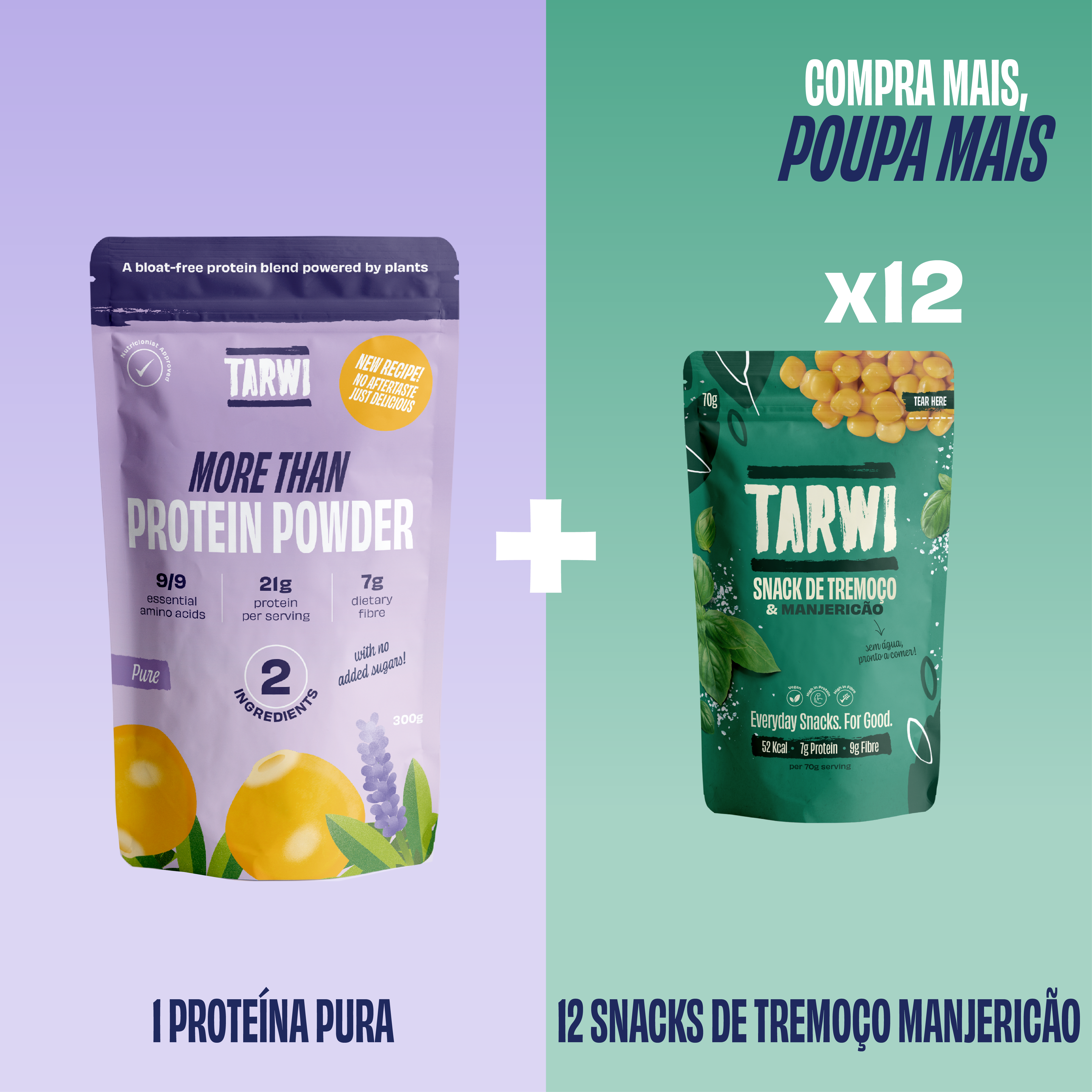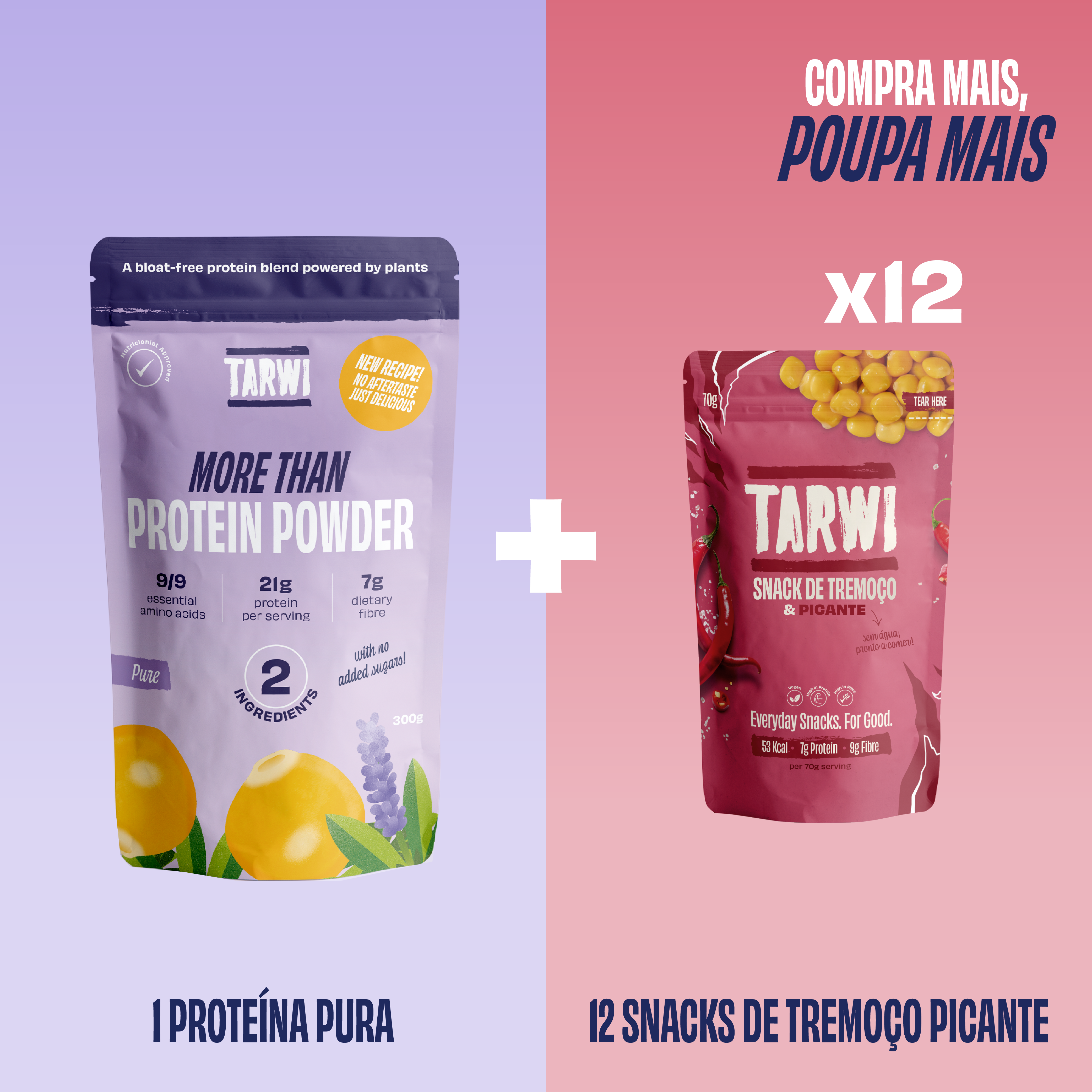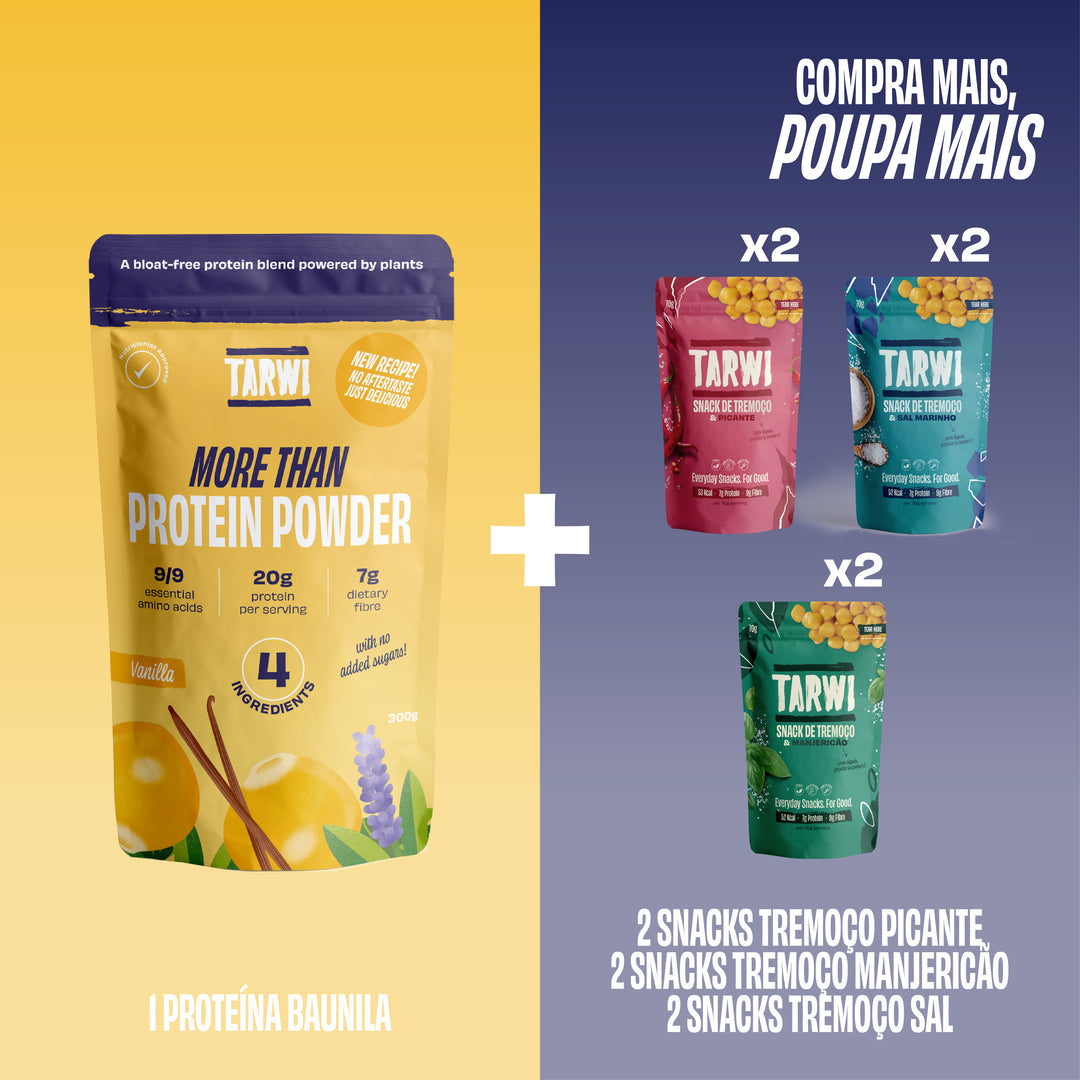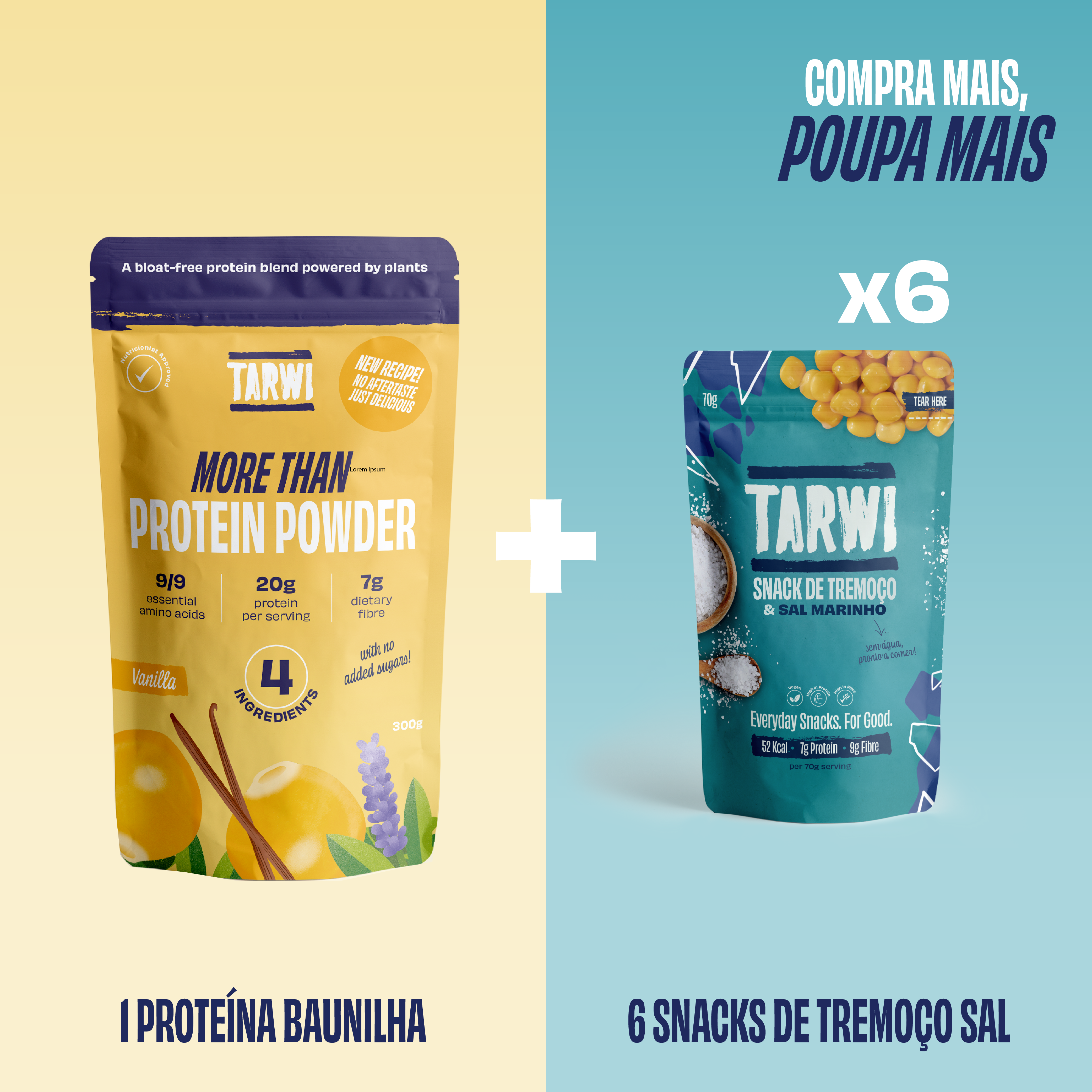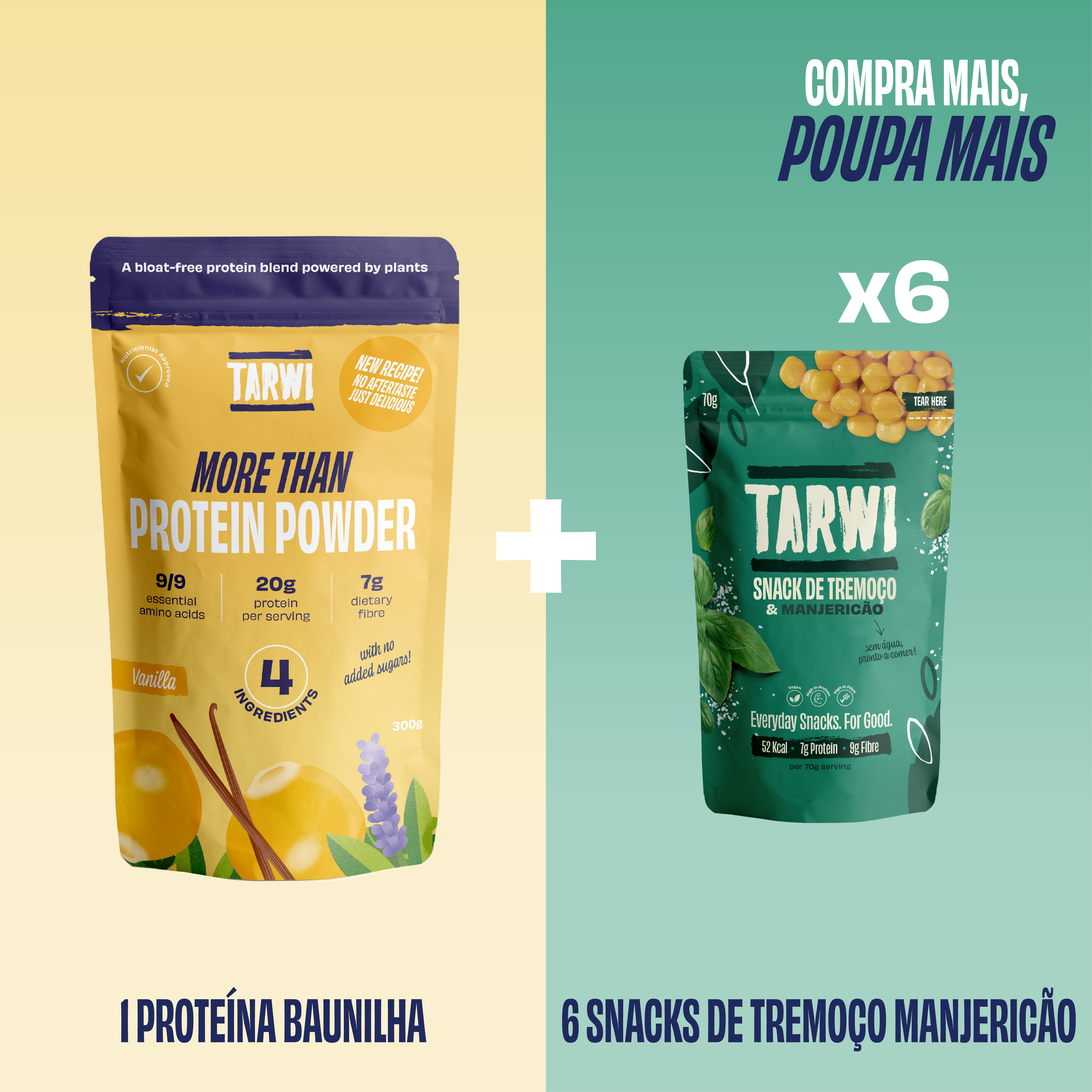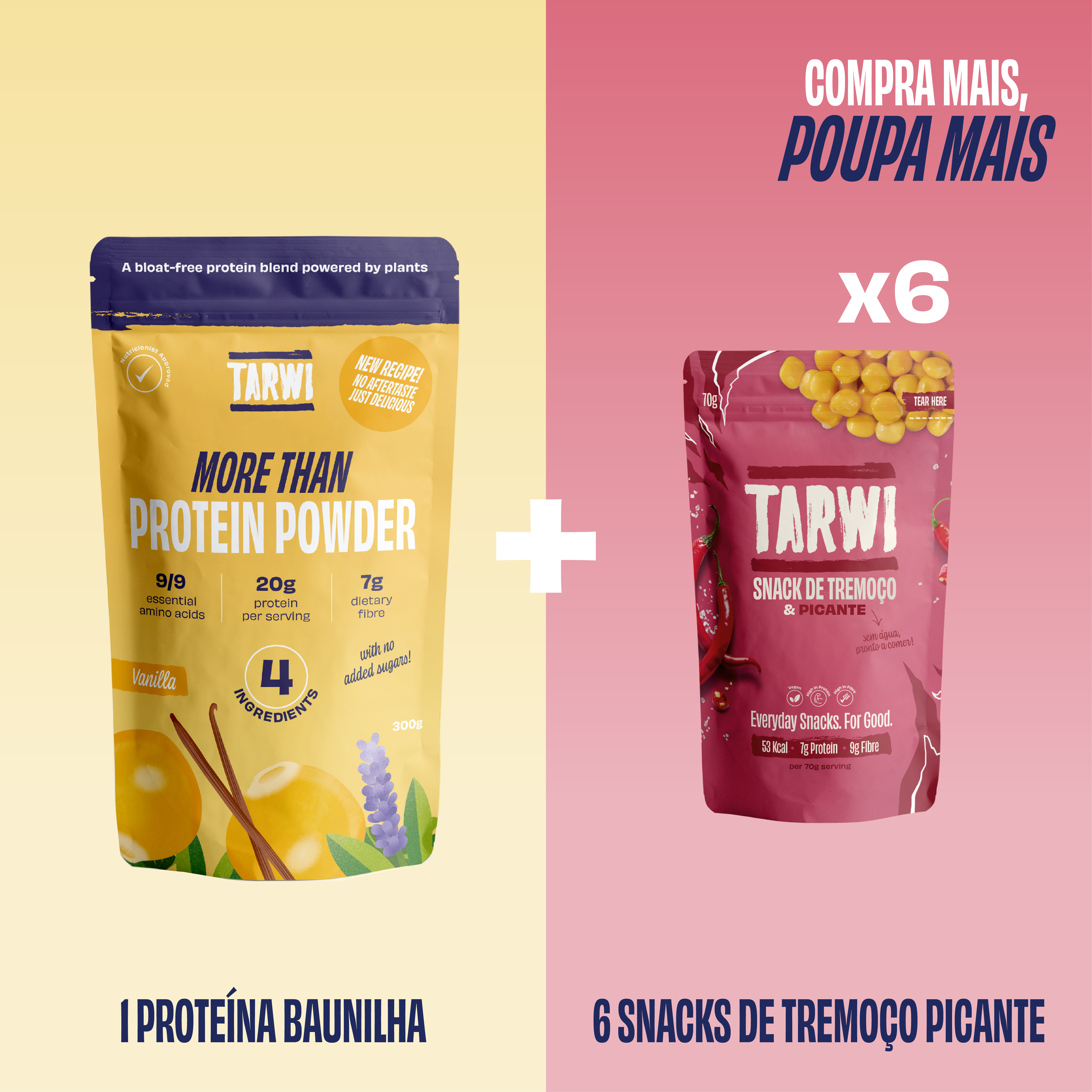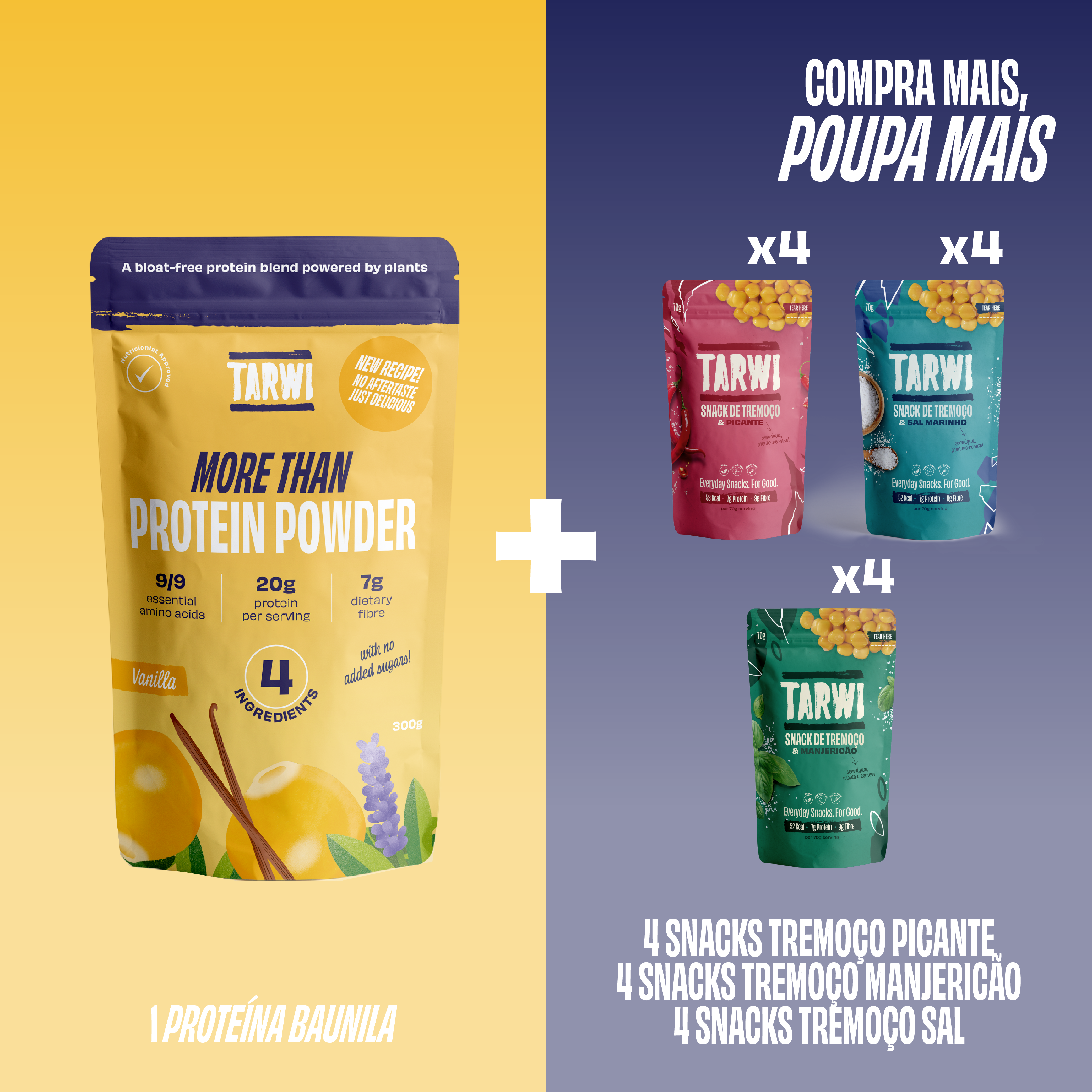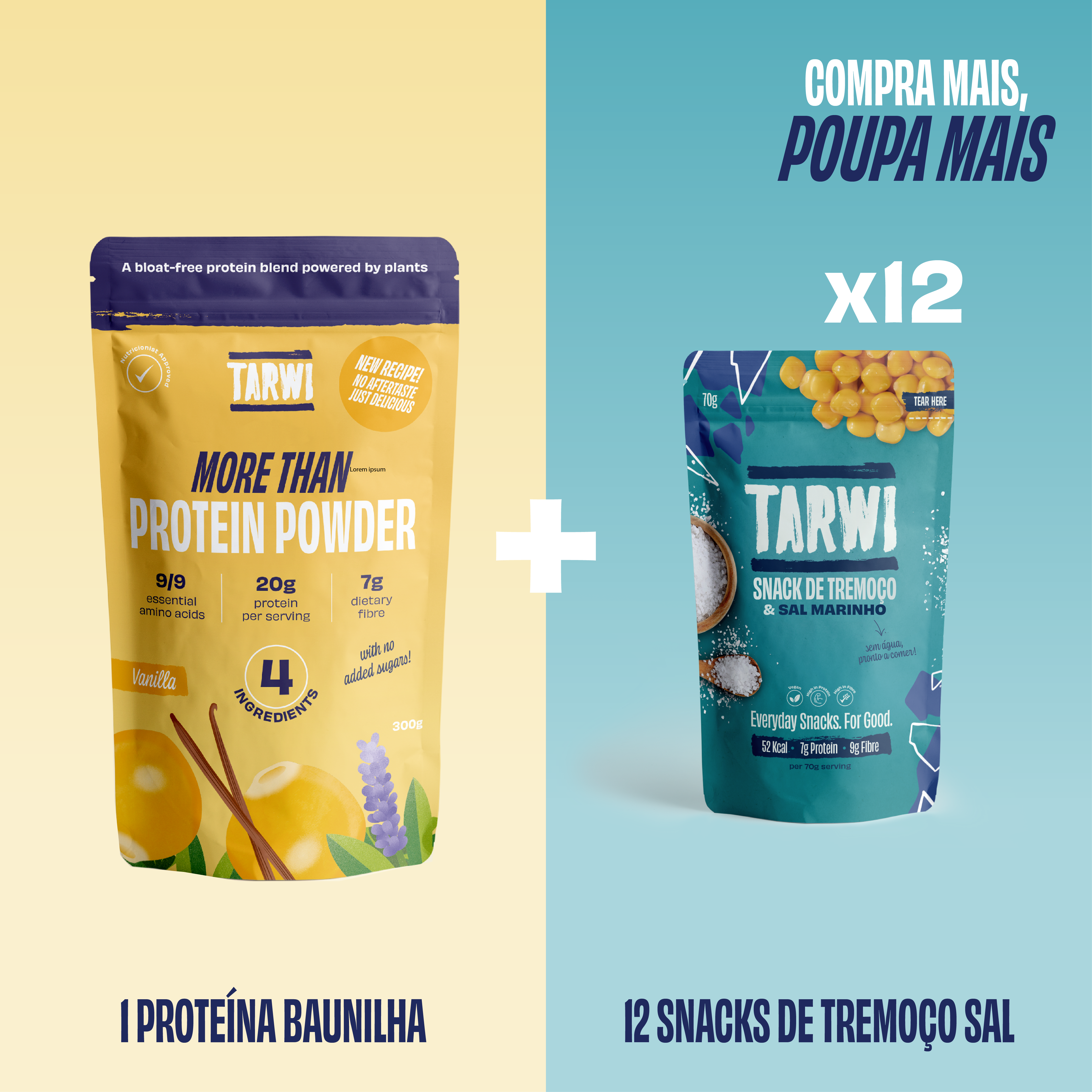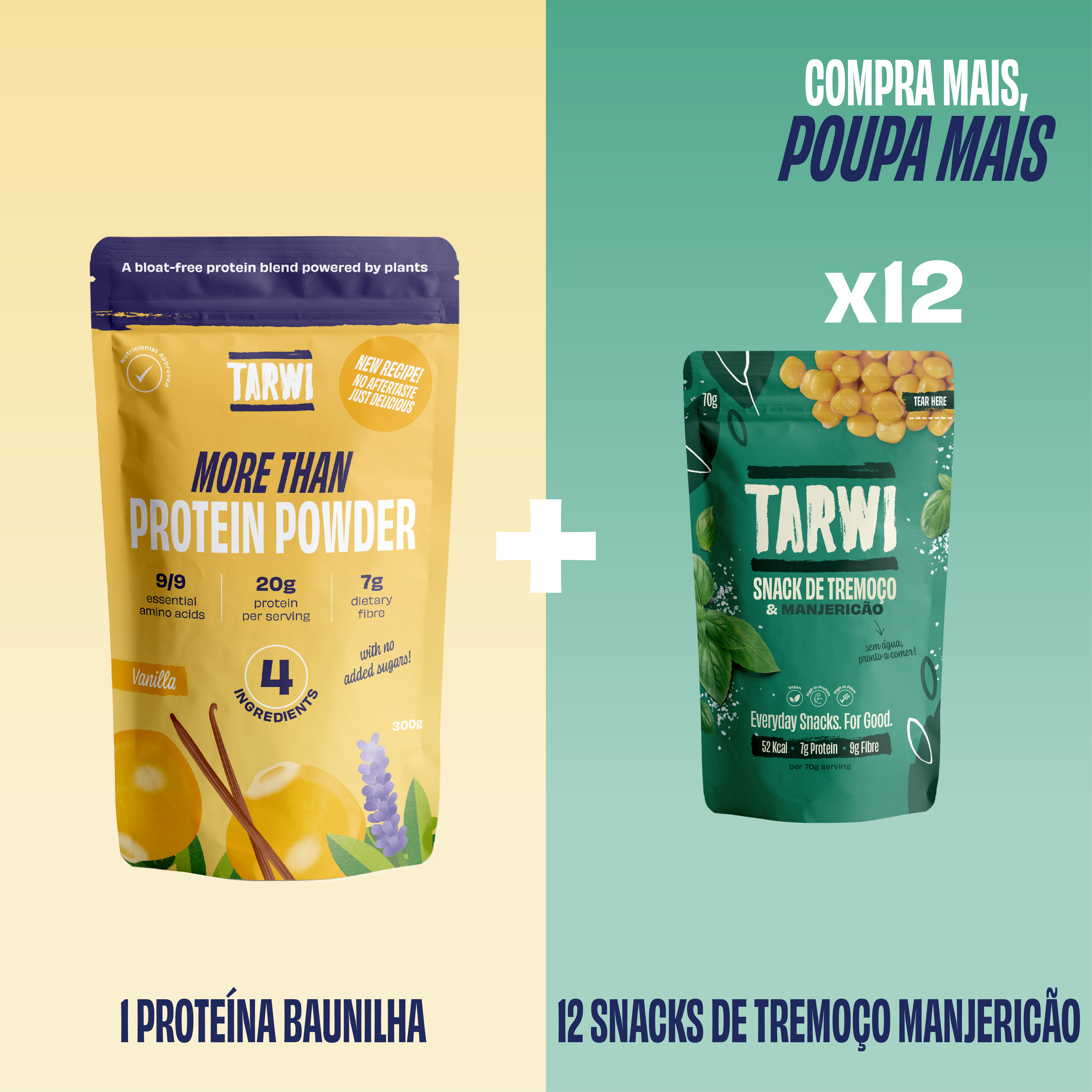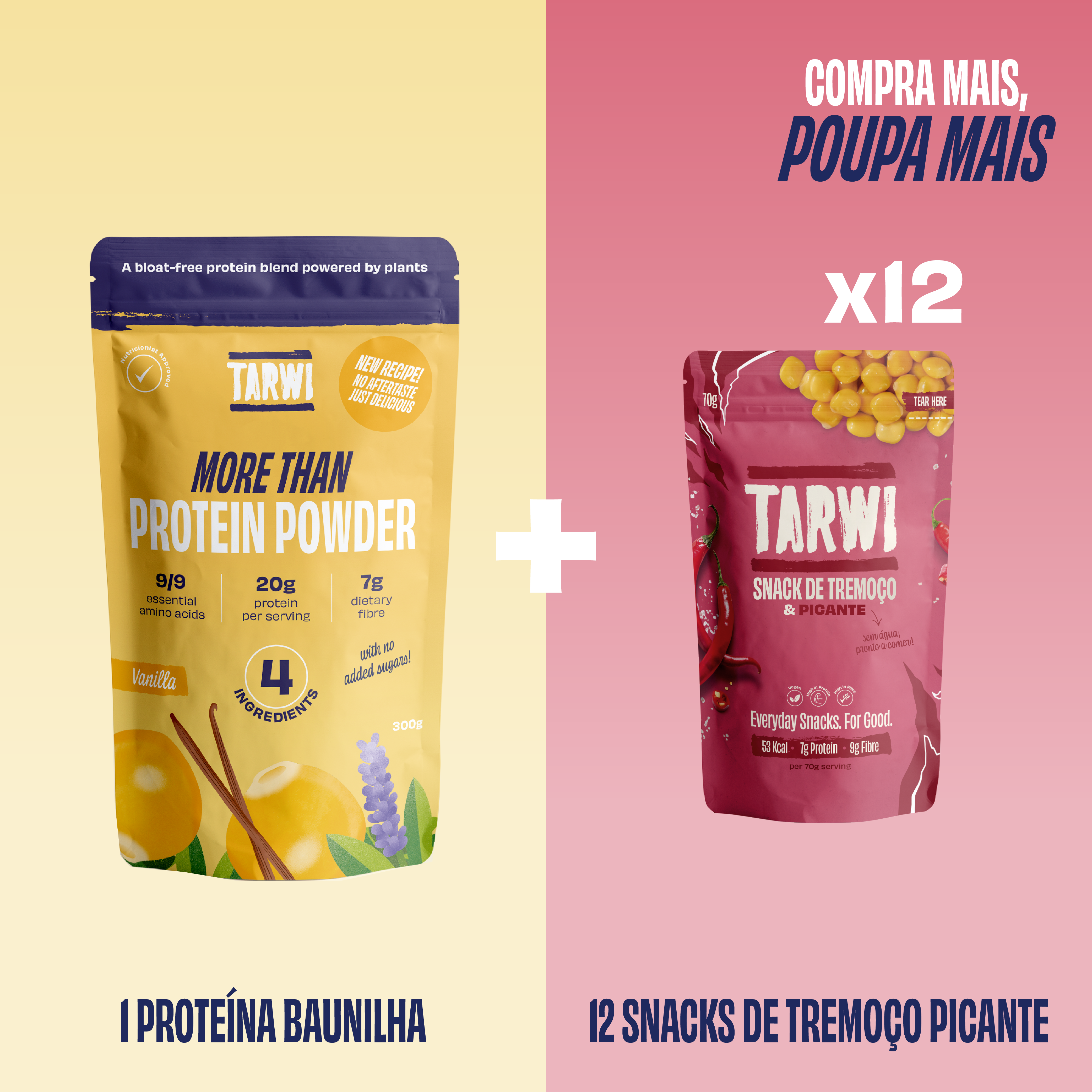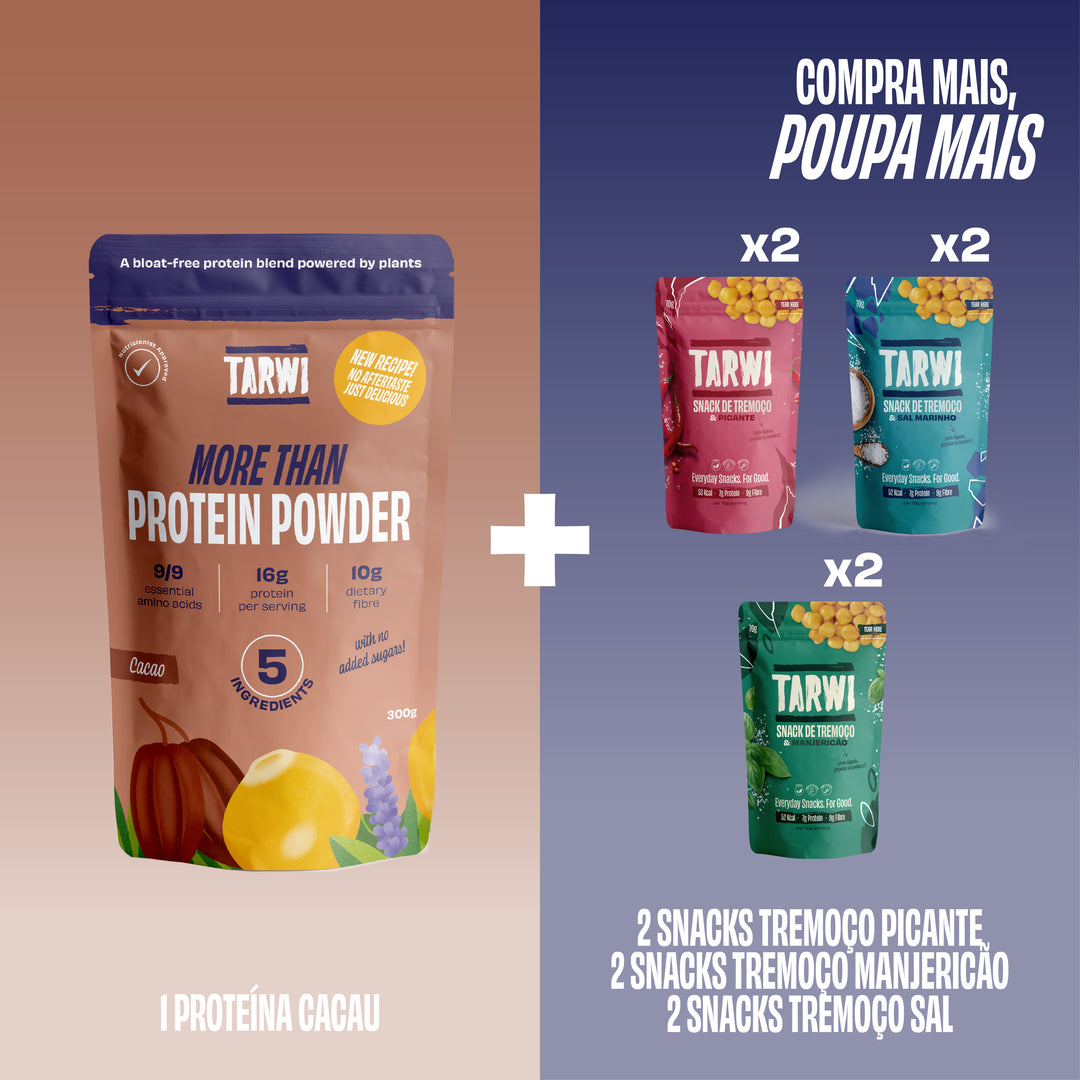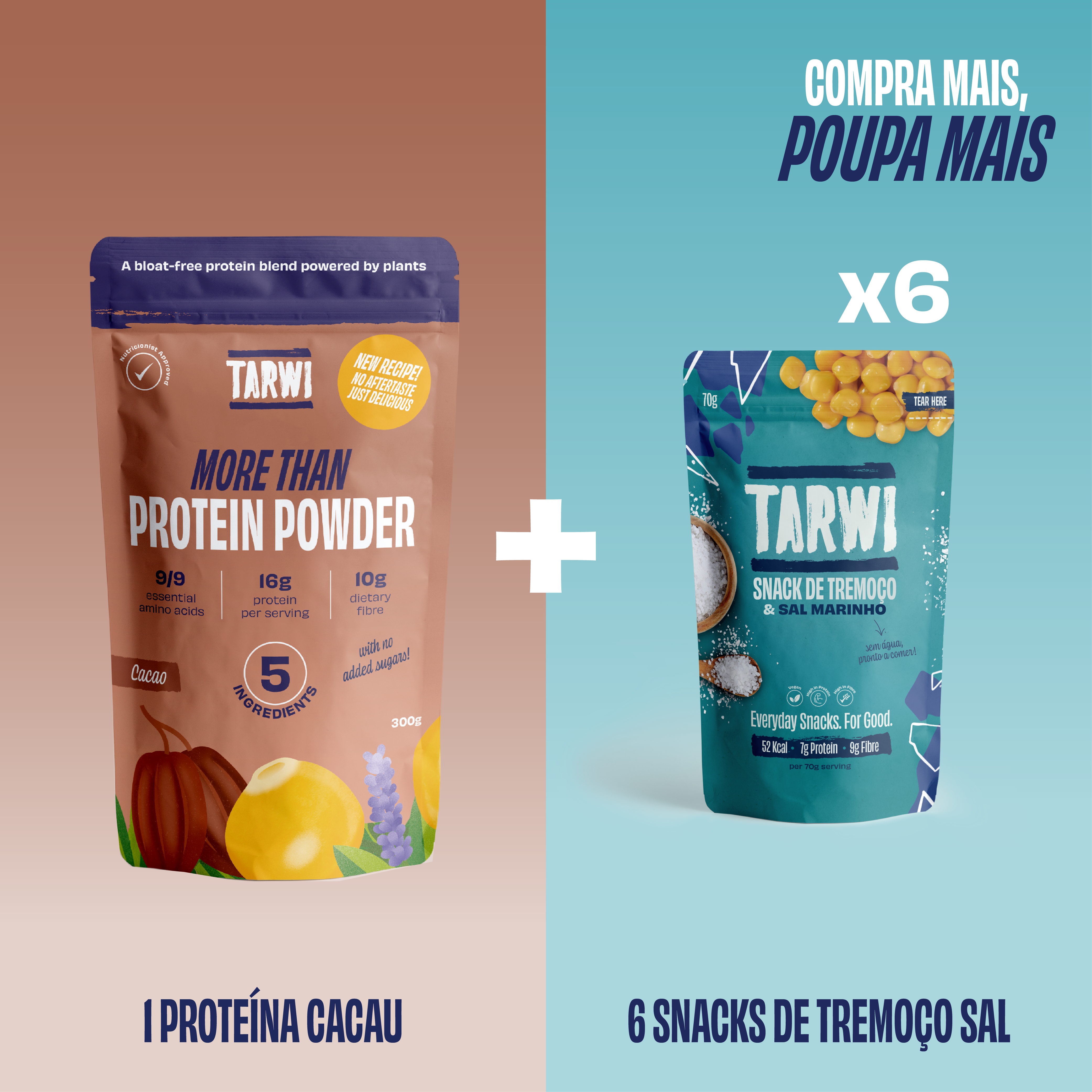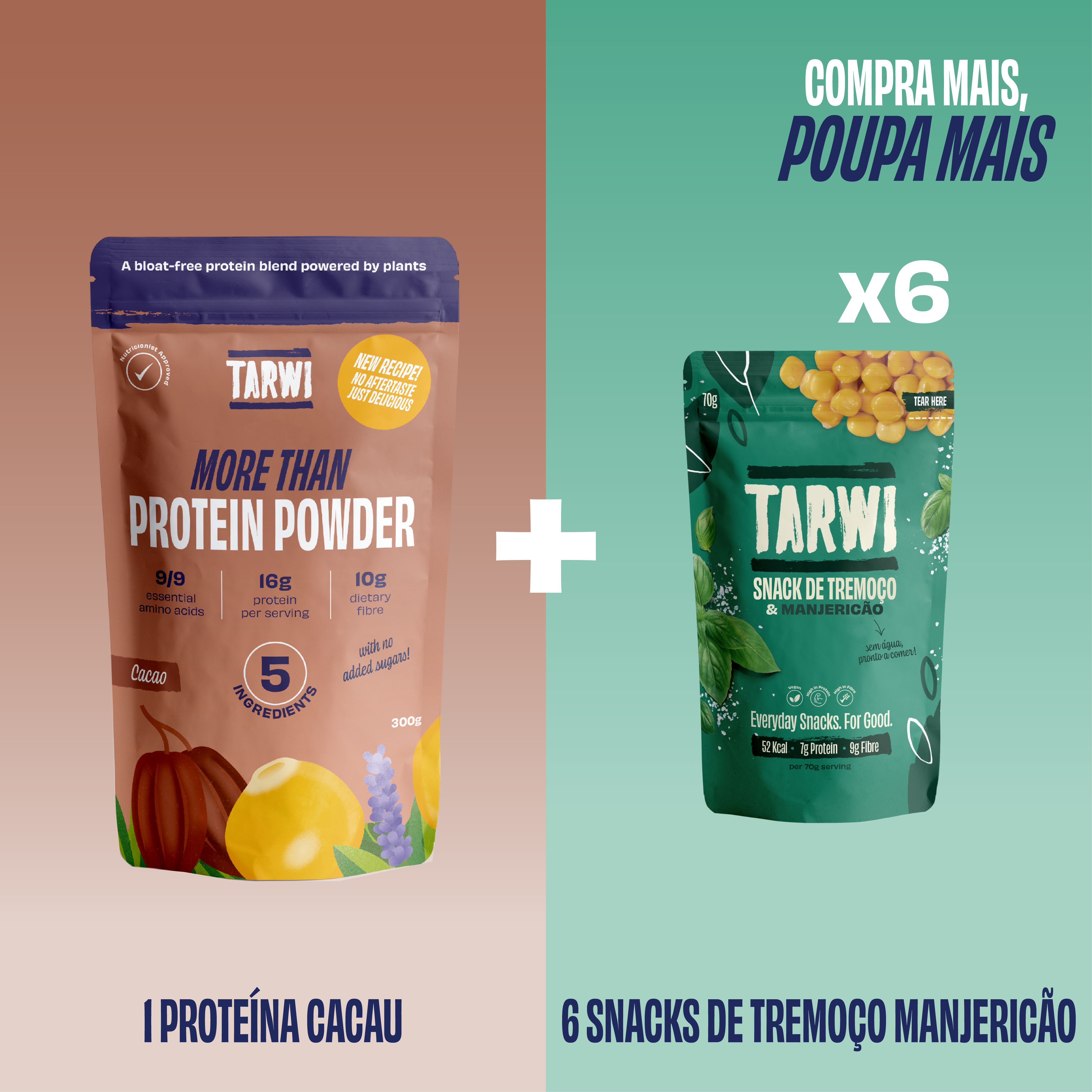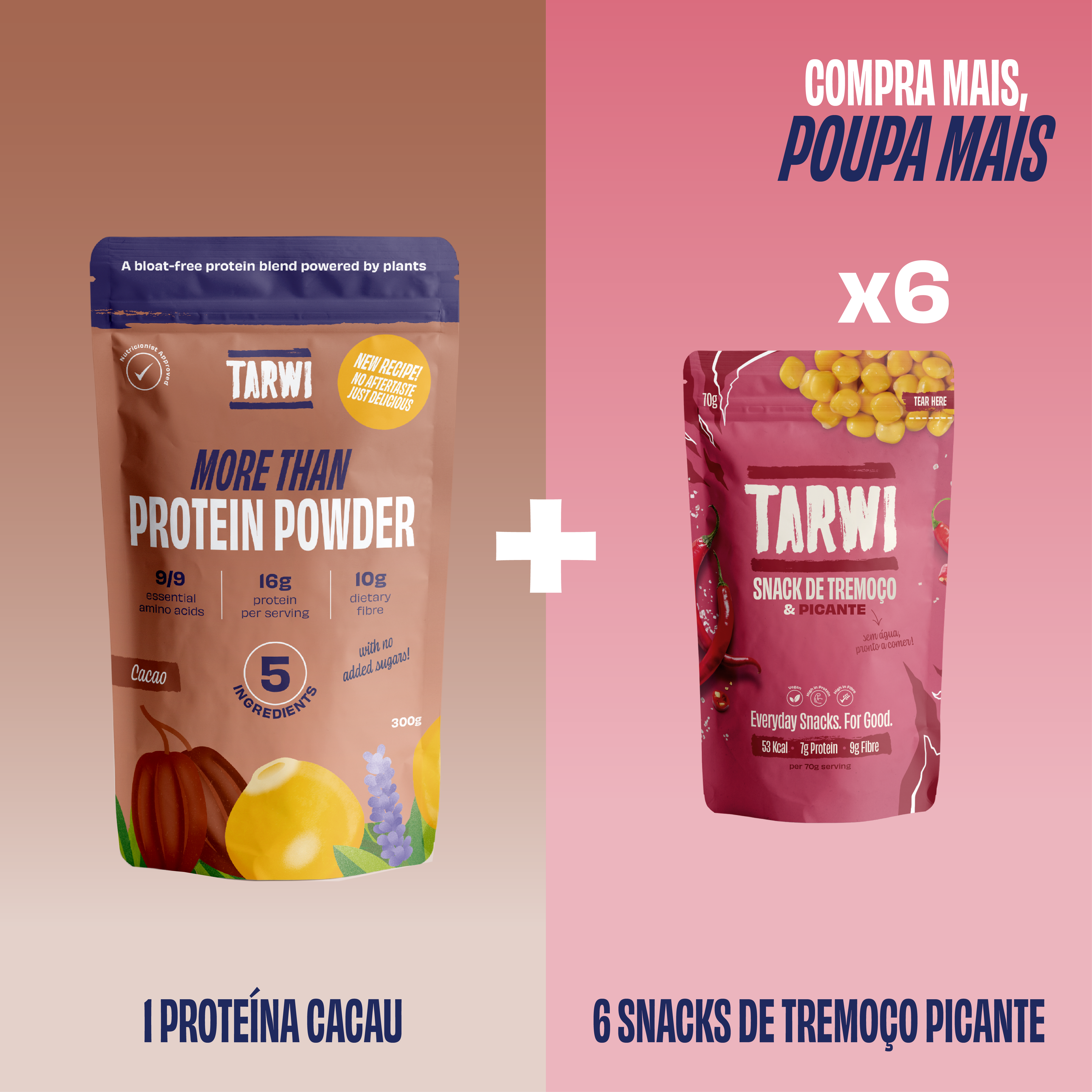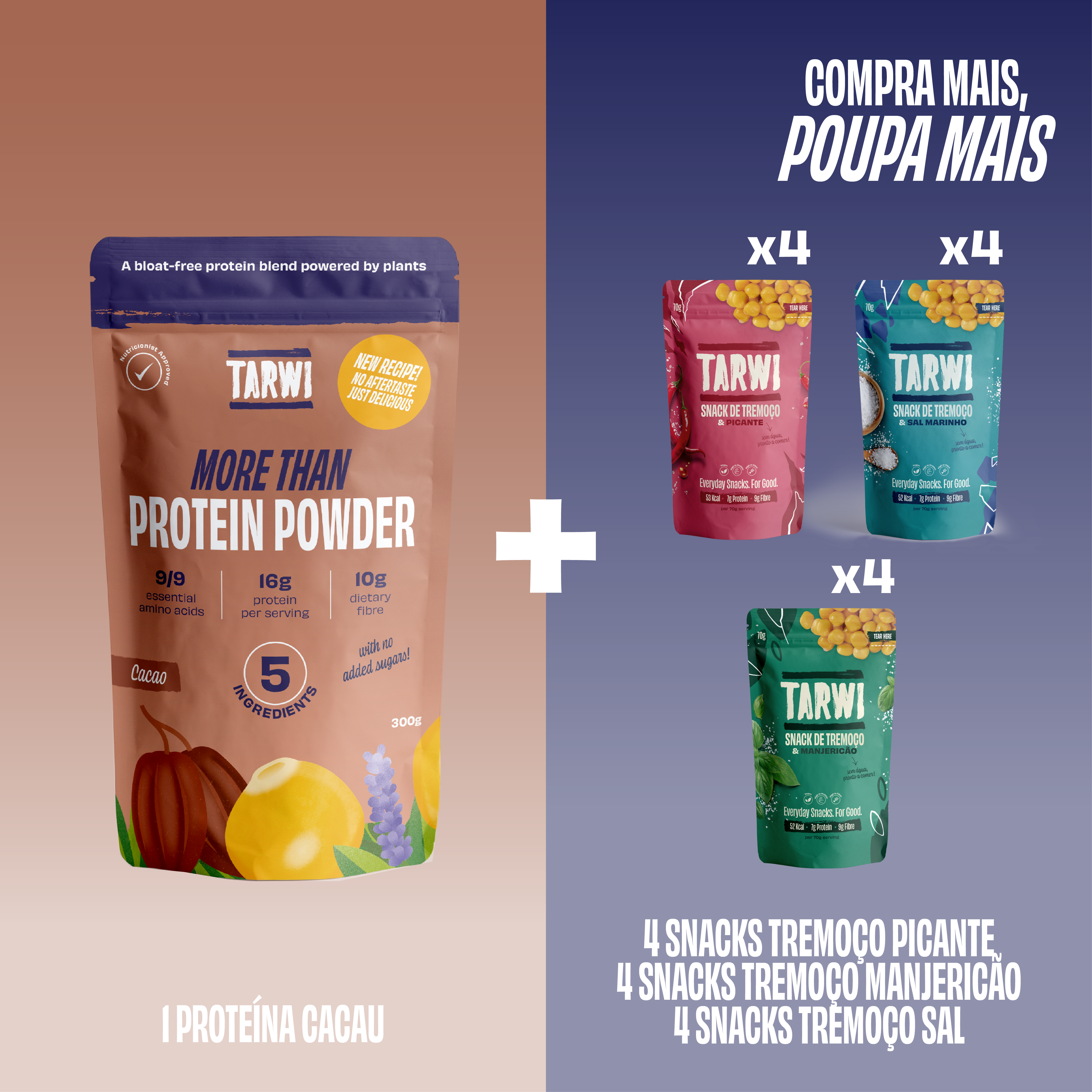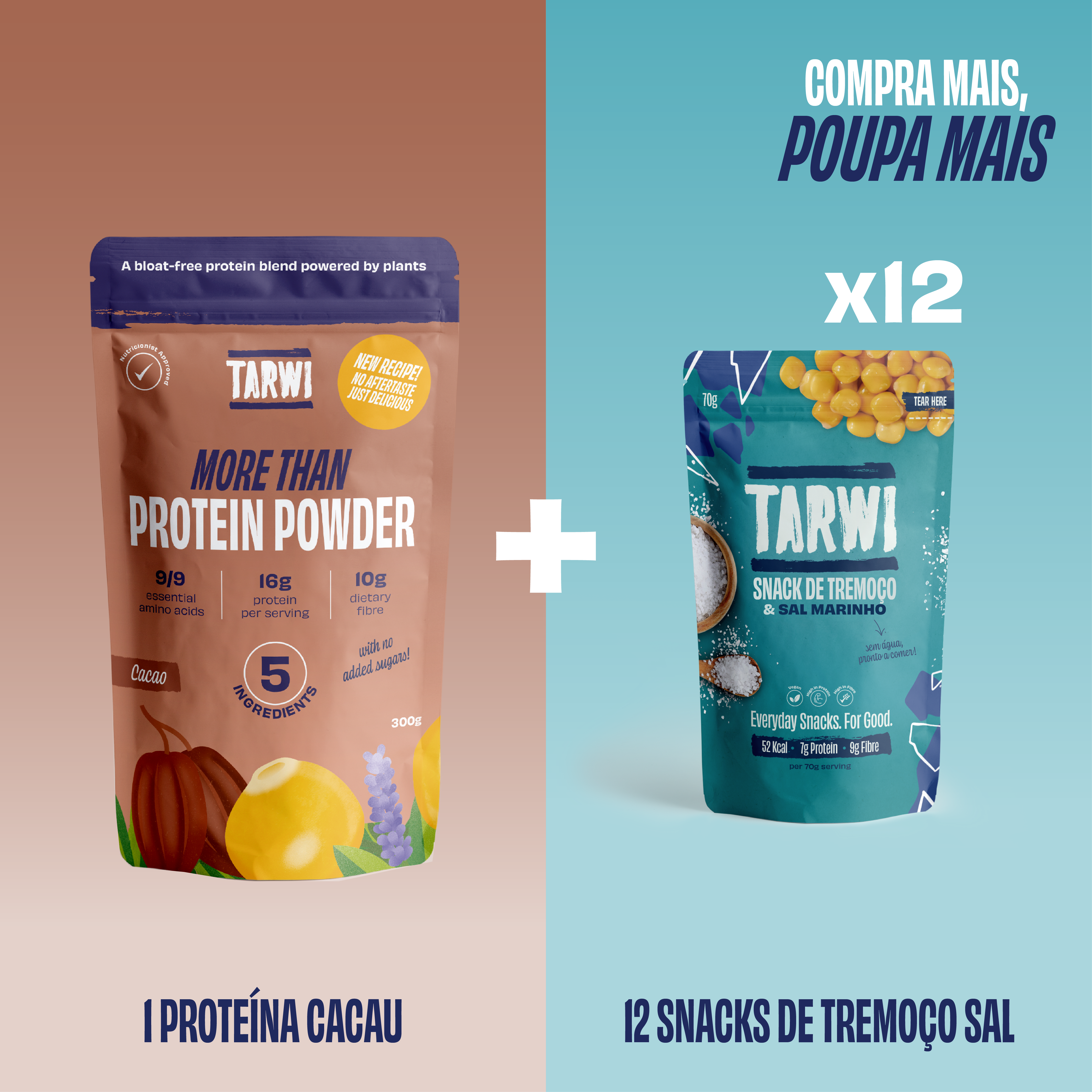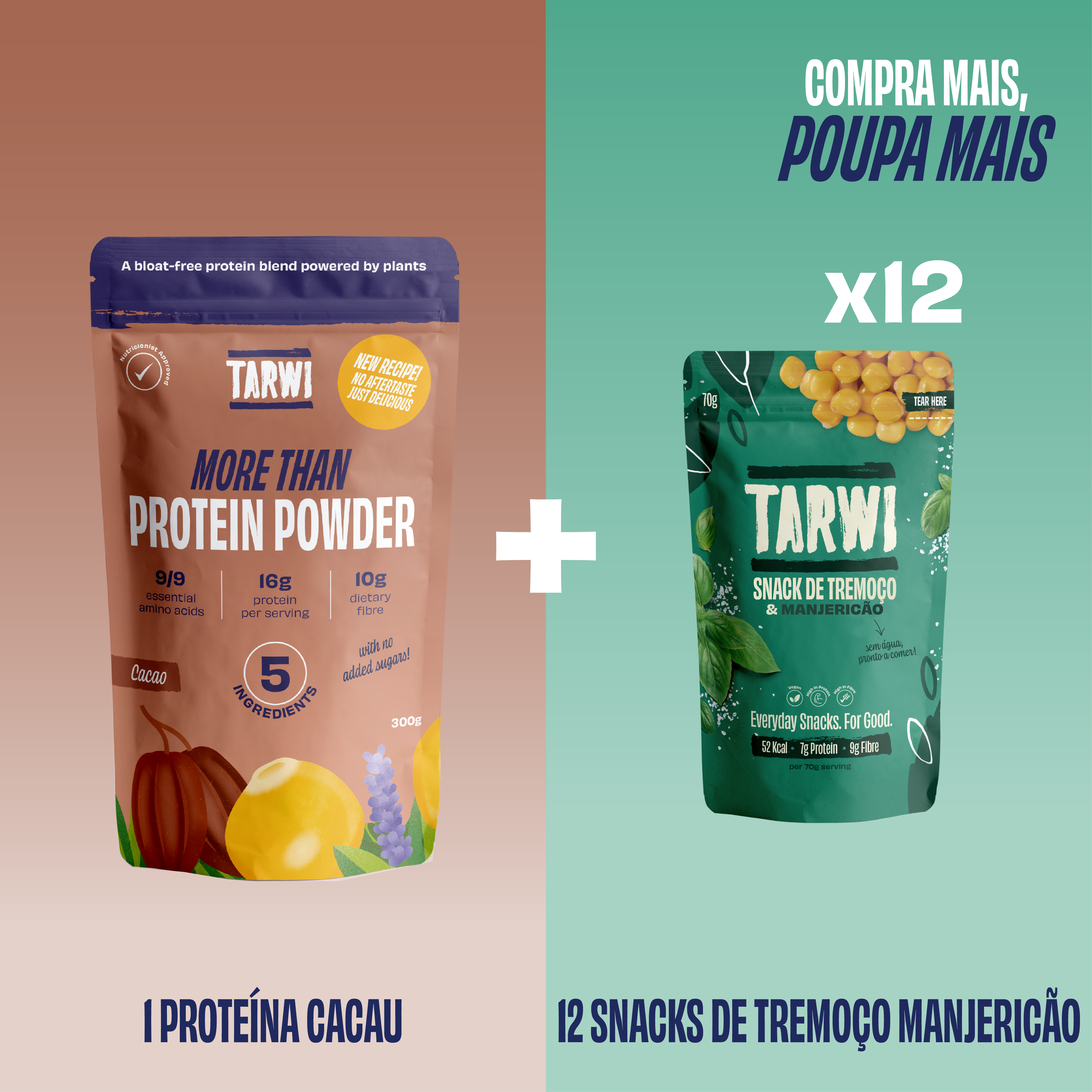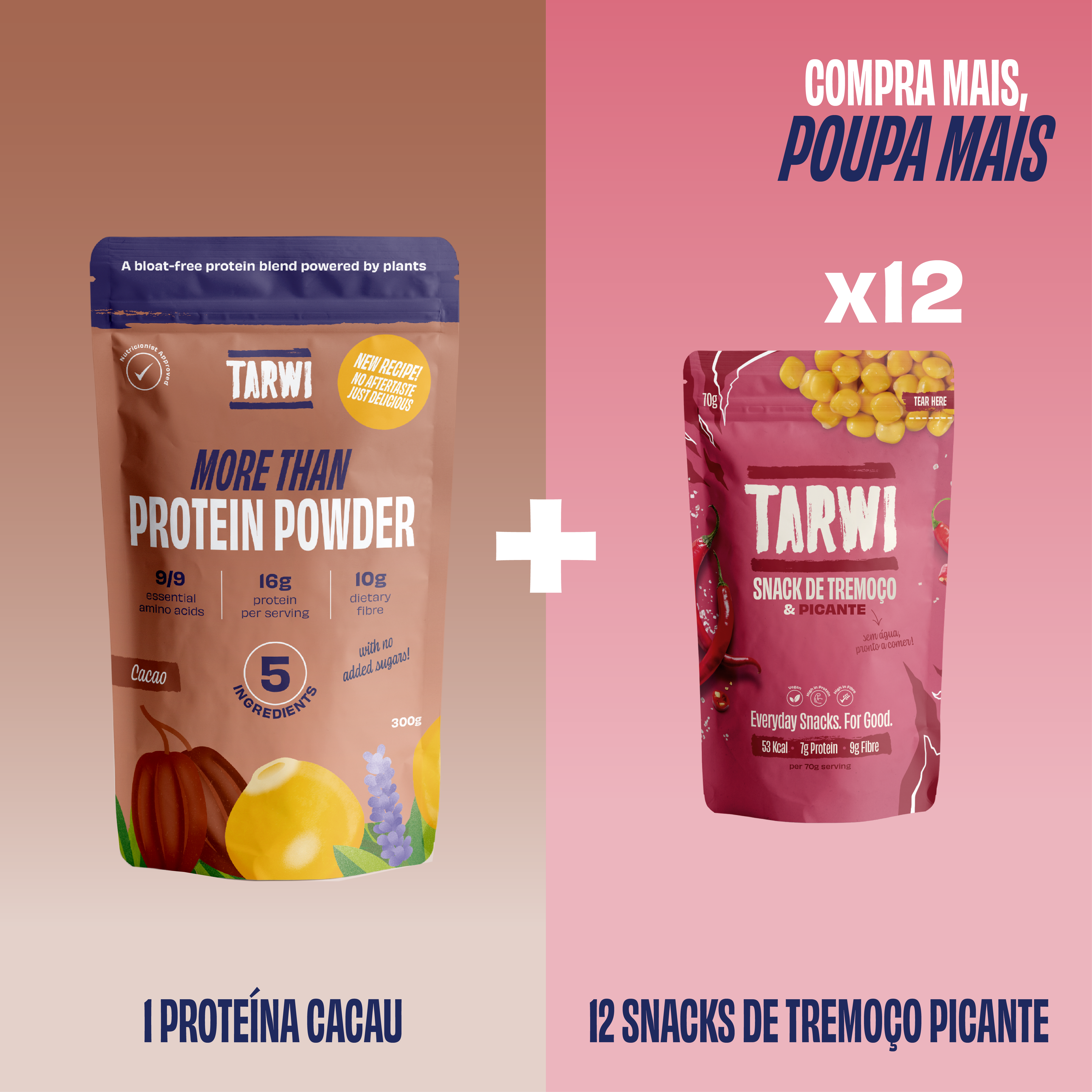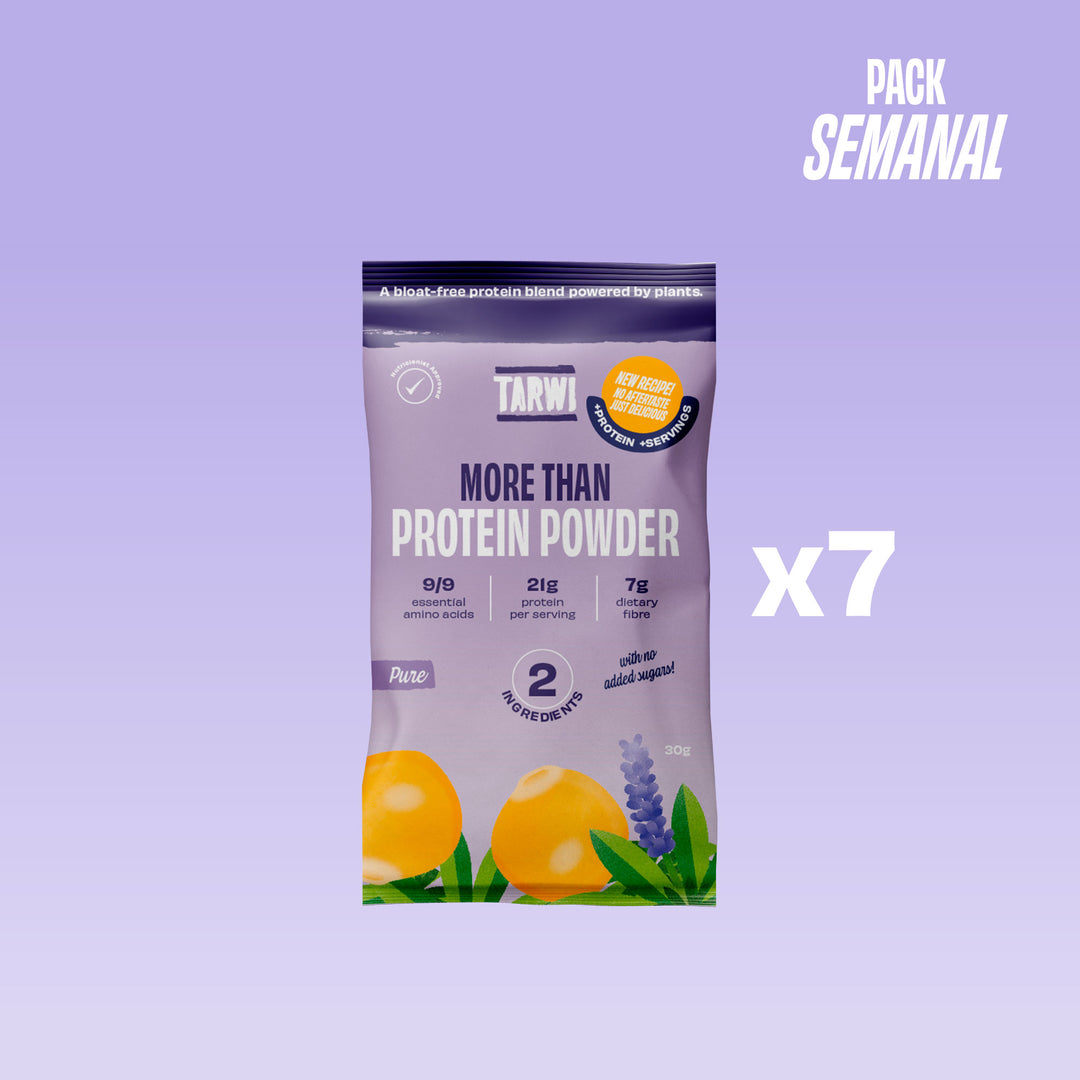Impact
Caro(a) leitor(a),
Visto o quão pouco comum é receber uma carta nos dias de hoje, pensámos que seria uma boa forma de te educar na magia dos tremoços.
Comecemos pelo simples facto dos tremoços, apenas por existirem, deixarem o meio ambiente melhor do que o encontraram. 🌍
Fazem-no de diversas formas. Primeiro, ao promover a polinização: os tremoceiros usam uma combinação de sinais visuais, cor, fragrância e estruturas florais especializadas para atrair polinizadores. Este processo de polinização promove a produção de sementes e contribui para a sobrevivência e diversidade genética das espécies. 🐝
Também desempenham um papel vital no enriquecimento do solo, ao adicionar biomassa: as suas raízes são longas (atingindo até 2 metros!) e, quando a planta é colhida, toda essa matéria orgânica adiciona nutrientes e alimenta os habitantes do solo 🪱. Também fixam nitrogênio atmosférico, o que beneficia não apenas as próprias plantas de tremoço, mas também melhora a qualidade do solo, favorecendo o crescimento de outras plantas no ecossistema! E, como se isso não bastasse, os tremoceiros são fortes, resistem a pragas (praticamente não precisam de pesticidas), e usam pouca água para crescer.
Ao incorporar os tremoceiros em sistemas de rotação de culturas, os agricultores melhoram a biodiversidade das suas terras, e ainda podem vender outras leguminosas. Portanto, os tremoceiros não apenas deixam o ambiente melhor do que encontraram, mas também proporcionam uma fonte extra de renda aos agricultores.
Isso sim é top. 😎
Já te convertemos à equipa do Tremoço? 🌱
💜, Tarwi
BCorp
O processo de ser uma BCorp ajuda-nos a focar diariamente no que para nós é verdadeiramente importante. É um processo extenso, que leva cerca de 2 anos a ser concluído, e envolve uma avaliação detalhada do nosso impacto em 5 áreas: Governança, Funcionários, Comunidade, Clientes e Meio Ambiente.
Fica atento/a, vamos partilhando tudo à medida que formos avançando! 👀
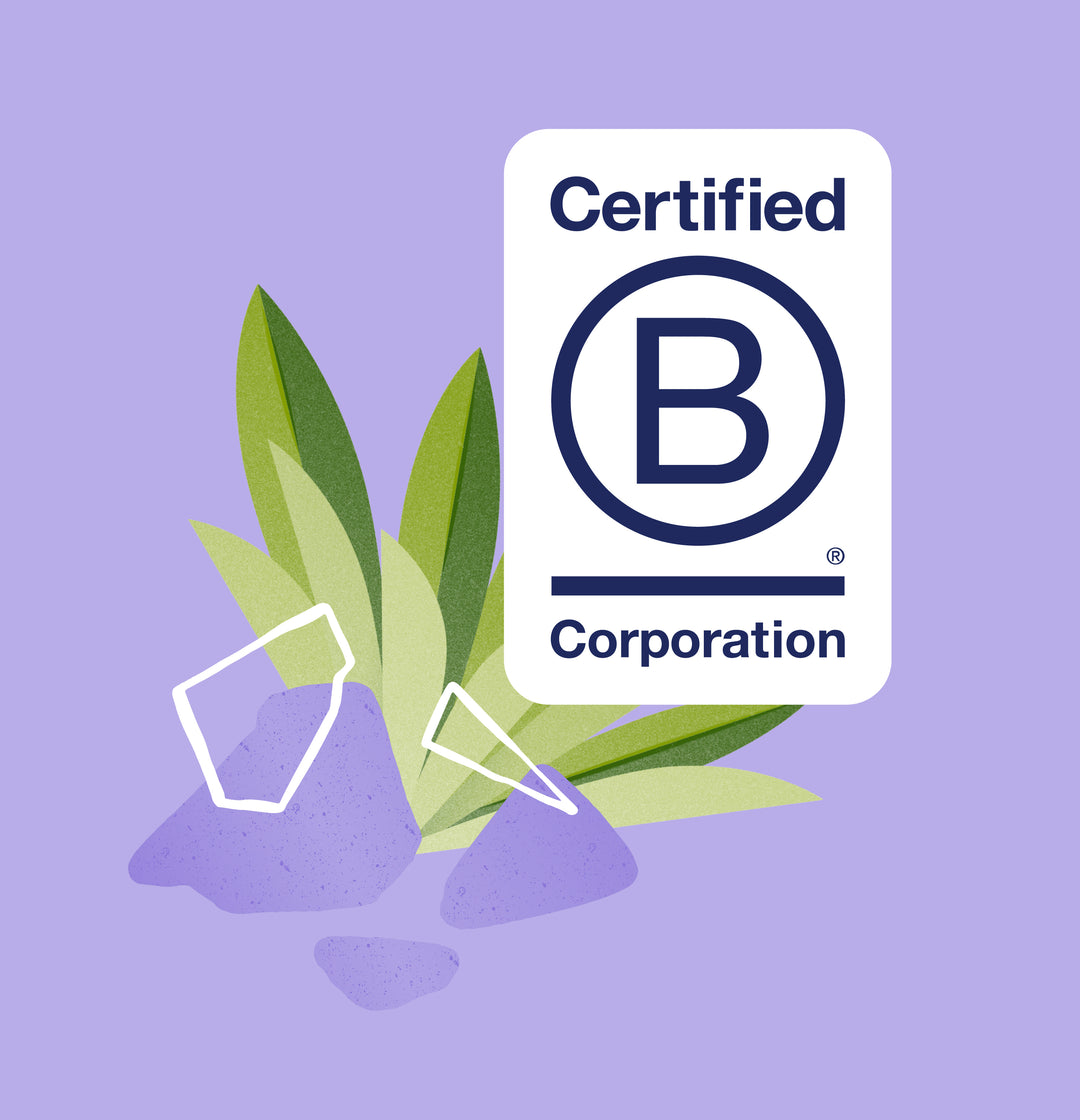
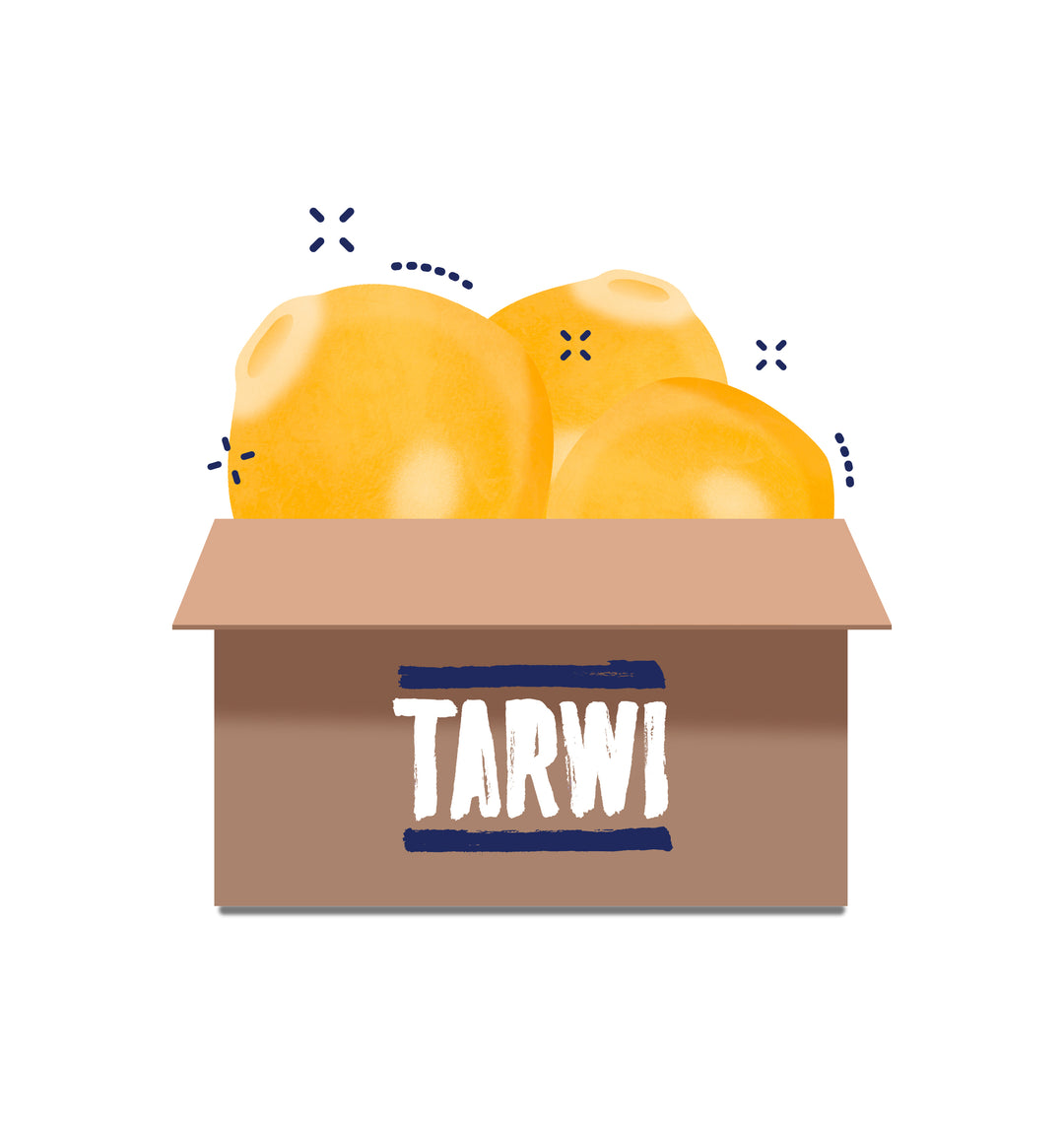
o que podemos
Doamos mensalmente à Fareshare e ao The Felix Project, organizações que se focam na luta contra a fome.
Fazem-no alimentando crianças, familias, lares, sem-abrigos, idosos, refugiados, bem como qualquer pessoa que necessite de ajuda.
a nossa pegada de carbono
Sourcing dos tremoços: alguns dos nossos tremoços vêm da Australia. Infelizmente, produção de tremoço local ainda é escassa. Por isso mesmo, estamos a trabalhar como ponte entre agricultores, a academia, e a industria, para promover a mesma. É um processo gradual mas que estamos a dinamizar, para que possamos ter 100% de tremoço local num futuro próximo.
As nossas embalagens: Plástico é, aos dias de hoje, a melhor forma de maximizar a qualidade dos nossos produtos e de proteger a validade dos mesmos, o que nos permite minimizar desperdício alimentar. Dito isto, estamos sempre a olhar para as melhores opções disponíveis: as nossas saquetas usam tecnologia inovadora que tem -58% pegada de carbon do que a média da indústria, e os nossos potes de Lummus são 100% recicláveis. Mas estamos sempre a aprender: se tiveres sugestões entra em contato connosco!
As nossas encomendas: Todo o material de caixas de transporte que utilizamos é reciclável e, quando possível, também é feito com material reciclado.
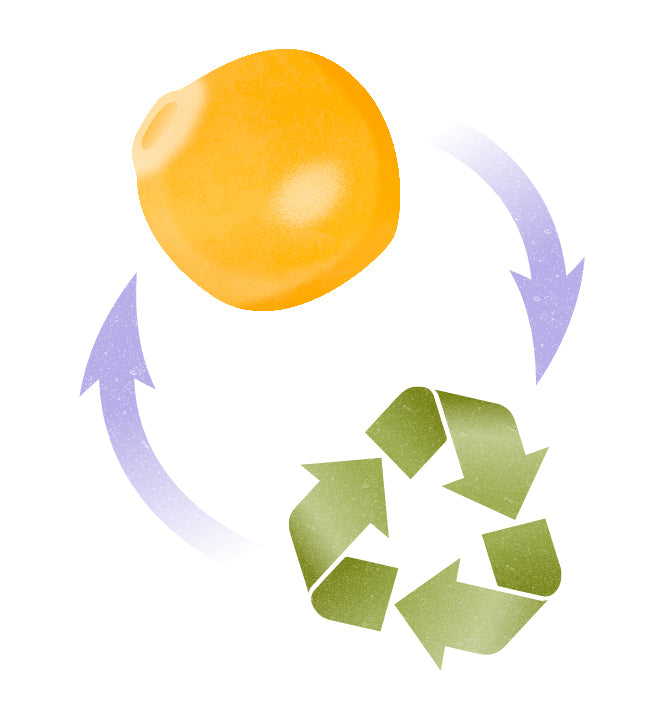
Reciclagem
Esforçamo-nos em assegurar que os materiais que utilizamos são recicláveis, e que o nosso packaging tem o minimo de tamanho e peso possivel, para minimizar o nosso impacto.
Mas queremos que saibas exatamente o que fazer com as embalagens, portanto:
Embalagens vazias?
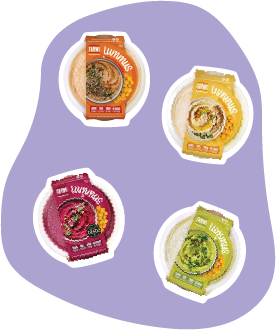
Recipiente e tampa: passa bem por água e coloca no ecoponto amarelo.
Cinta: coloca no ecoponto azul.
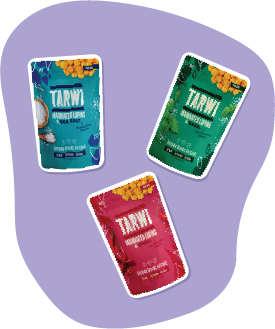
Recicla no ecoponto amarelo.
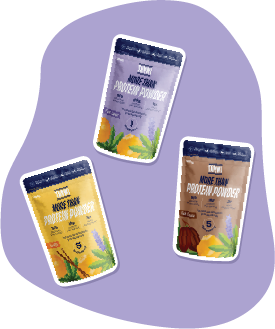
Recicla no ecoponto amarelo.









